The professional organization BOCI, owner of the Bijorhca brand, and the WSN Group, organizer of the show, announce the renewal of their brand licensing partnership for a fixed term running until September 2031.
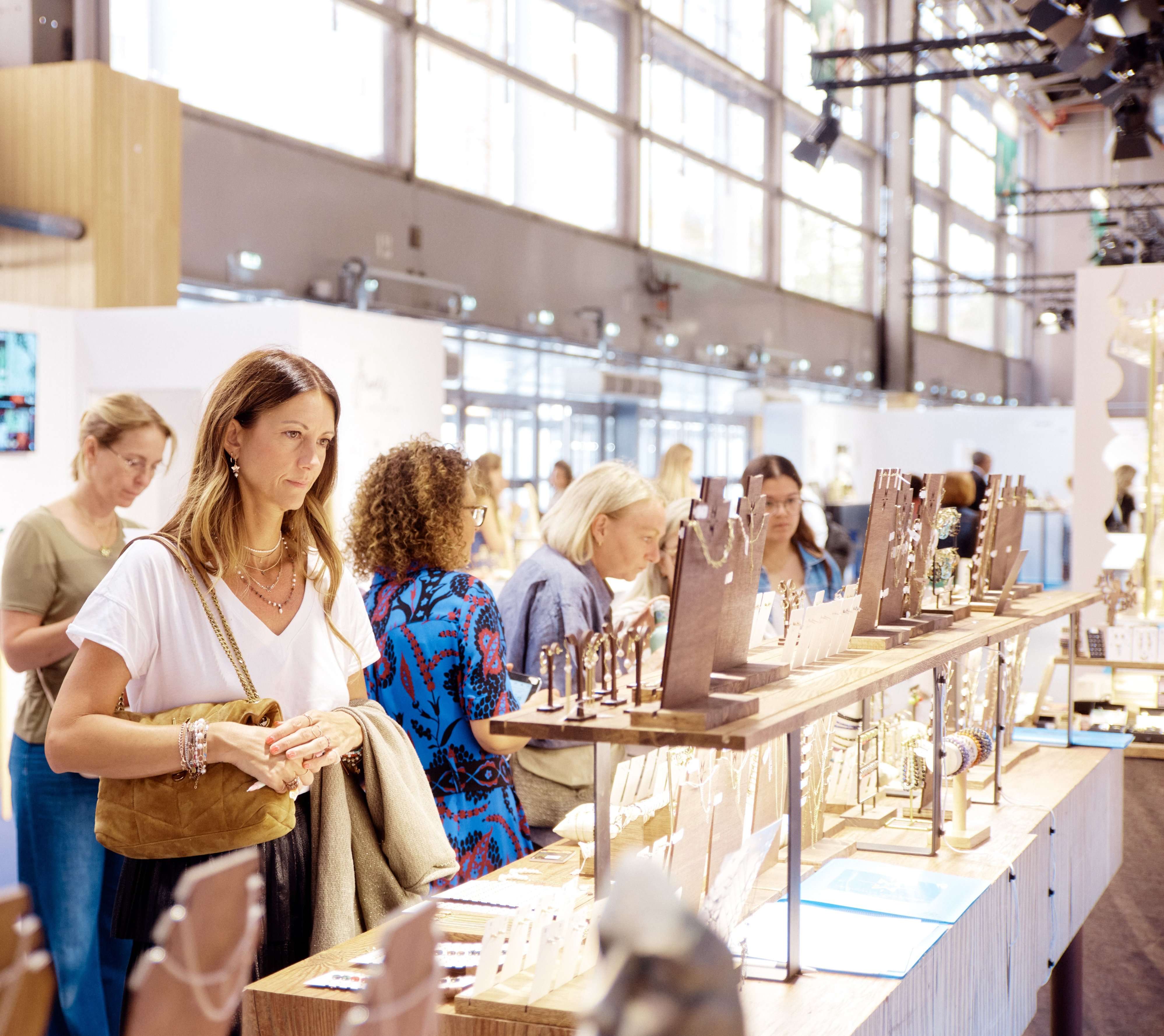
Mental health is a topic discussed within the fashion and luxury industry. More than a contemporary societal subject, it also allows us to understand the behavior and ethical demands of a new generation of consumers, as explored in this conference led by Florian Müller, the owner of a creative agency focused on fashion, eco-responsibility, and mental health.

It is within the IMPACT and Neonyt Paris forum, a conference space focused on societal issues, that an international crowd convened to attend the round table "Breaking the Cycle: Ethical Demands, Consumer Behaviour, and Mental Health in Fashion". This broad topic of conversation saw Florian Müller, an expert in the field and the initiator of the "Mental Health in Fashion" campaign, invite numerous experts, including journalist Samia Larouiche, Serge Carreira, head of emerging brands at the Fédération de la Haute Couture et de la Mode and a lecturer at the Sciences Po Paris Management School, as well as model and entrepreneur Kiko Hirakawa.
Florian Müller is authorized to work psychotherapeutically, teaches internationally, and integrates mental health into both educational programs and the fashion industry. In 2024, he created the new “Mental Health in Fashion” category at Diane Pernet’s ASVOFF Festival, providing an international platform for dialogue and creative engagement. A look back at a conversation in 8 crucial quotes.
Fashion and mental health: what is the issue?
Florian Müller: It’s time to create awareness and discuss how to give new visibility to mental health in the industry. It’s not only about consumers but everyone involved in the fashion system.
With my campaign, I bring together professionals and students from all areas of the industry, create safe spaces for open exchange, and develop new educational and support formats. By collaborating with international partners, Fashion Weeks and initiatives like ASVOFF, I work to ensure that mental health is recognized as a core issue throughout the entire fashion ecosystem. Only through interdisciplinary exchange and structural change can we break taboos and make mental health a lasting priority in fashion. How can we break down stigma?
Samia Larouiche: When we discuss sustainability, we refer to the environment, the economy, and social factors, which include labour law, safety, and both physical and mental health. There are three key profiles: brands, employers, and consumers. The relationship between fashion and mental health is complex, as evidenced by popular culture through works like The Devil Wears Prada, the tragic loss of designer Alexander McQueen, and the controversies surrounding John Galliano. The industry has begun to engage in this conversation for the sake of consistency and corporate image. Existing measures include policies such as prohibiting meetings after 5 or 6 p.m. and on Fridays, restricting the use of official chat platforms, and organising internal events aimed at educating and raising awareness. Furthermore, as companies adapt to support invisible disabilities like dyslexia, NGOs are also working to enhance transparency within the industry, protect workers, and promote awareness of the Duty of Vigilance Act, which holds companies accountable for their impact on human rights. Overall, fashion serves as a powerful platform to question and raise awareness about these critical issues.
Serge Carreira: There exists a clash between corporate regulations and new business perspectives. The romantic myth surrounding being a designer, a genius, suggests that one must suffer in solitude. That outstanding achievements arise from pain. McQueen is one of the most revered designers, yet he suffered immensely, and we perpetuate these notions. Some designers adopt a different approach; Karl Lagerfeld was always focused on the work while also enjoying it. Jonathan Anderson juggles multiple tasks while embracing joy. The notion of joy needs to be promoted more prominently. It’s not merely about being naive. There is significant pressure regarding emerging designers because the market has never been so competitive. Nowadays, there is an additional layer of pressure to be both a manager and a designer. The complexity level of each field is becoming higher, no matter how small or large the brand. It puts pressure on the teams and the designers. So, we need to break the fashion mythologies.
Kiko Hirakawa: I genuinely believe that beauty standards play a role. At 17, I struggled with an eating disorder and lacked self-esteem. This arose from my modelling agents, but we must acknowledge that there is pressure on them from the brands. When you speak to them, they will mention the risk of losing clients. As a model, it’s vital to embrace our imperfections. We must be more inclusive of healthier, older bodies, rather than being fixated on youth. We ought to question beauty standards. How do I want to feel, enjoy my life, and how do I wish to present myself in my work? The industry requires transformation, yet the change must originate from within ourselves.
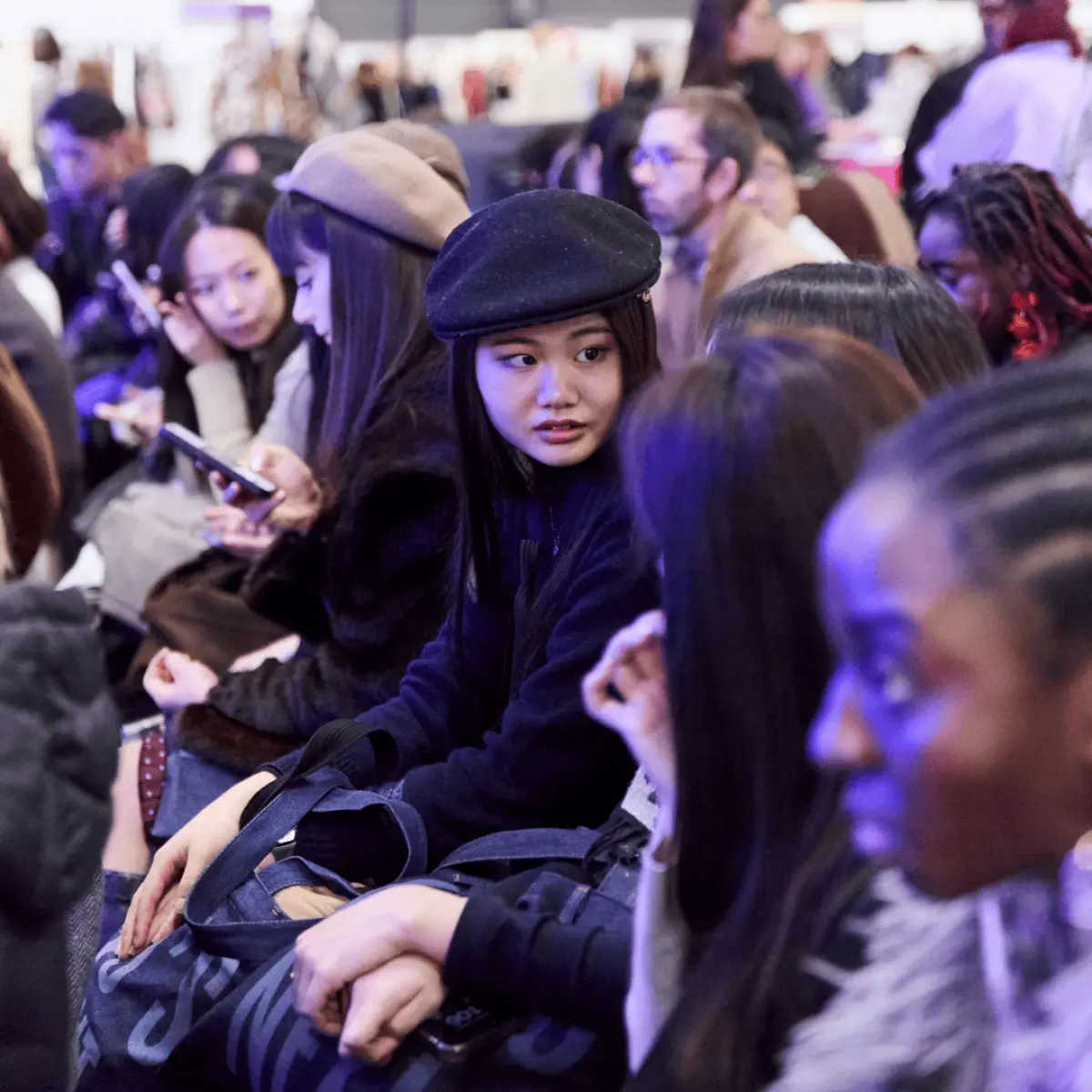
Finding solutions
Samia Larouiche: What benefits the consumer also benefits the business. Stella McCartney launched a limited-edition bag in collaboration with Cleo Wade and mental health advocate Deepak Chopra. Designers wield the power to influence the industry, allowing brands to create a deeper connection with consumers.
Kiko Hirakawa: I used to speak very openly, and now I choose to do so in the appropriate environment and with the right people. Furthermore, I have shifted towards participating in panel discussions, conferences, and talk shows. This is how I perceive the changes taking place. I recognise the potential for where change can lead. There are limited resources for models, and some organisations are working on Model Laws or the Model Alliance. However, I believe there is insufficient space for models to express themselves. I hope more agencies will prioritise mental health alongside that of models. As such, I organise meetups with models. Regarding influencers, I wish to emphasise the importance of understanding your limits and boundaries and adhering to them. It is essential.
Florian Müller : To further expand the campaign’s reach, I am developing new international partnerships and innovative projects that amplify the voices of those affected, foster sustainable change, and ensure that mental health becomes a lasting priority in the global fashion industry.
Serge Carreira: Ultimately, the issue lies in trying to conform to stereotypes and distorting your true self. In your desire to be fashionable, you may restrict yourself to something you’re not, and these disconnections between your identity and the persona you envision lead to problems. Embracing a more open mindset is a pathway to emancipation for those on the margins. Explore things for yourself rather than simply adhering to what exists or what has already been done.

The professional organization BOCI, owner of the Bijorhca brand, and the WSN Group, organizer of the show, announce the renewal of their brand licensing partnership for a fixed term running until September 2031.

The New York design trade show will inaugurate its first Parisian edition at Who’s Next, January 17–19, 2026, bringing together the international design community in a one-of-a-kind event.
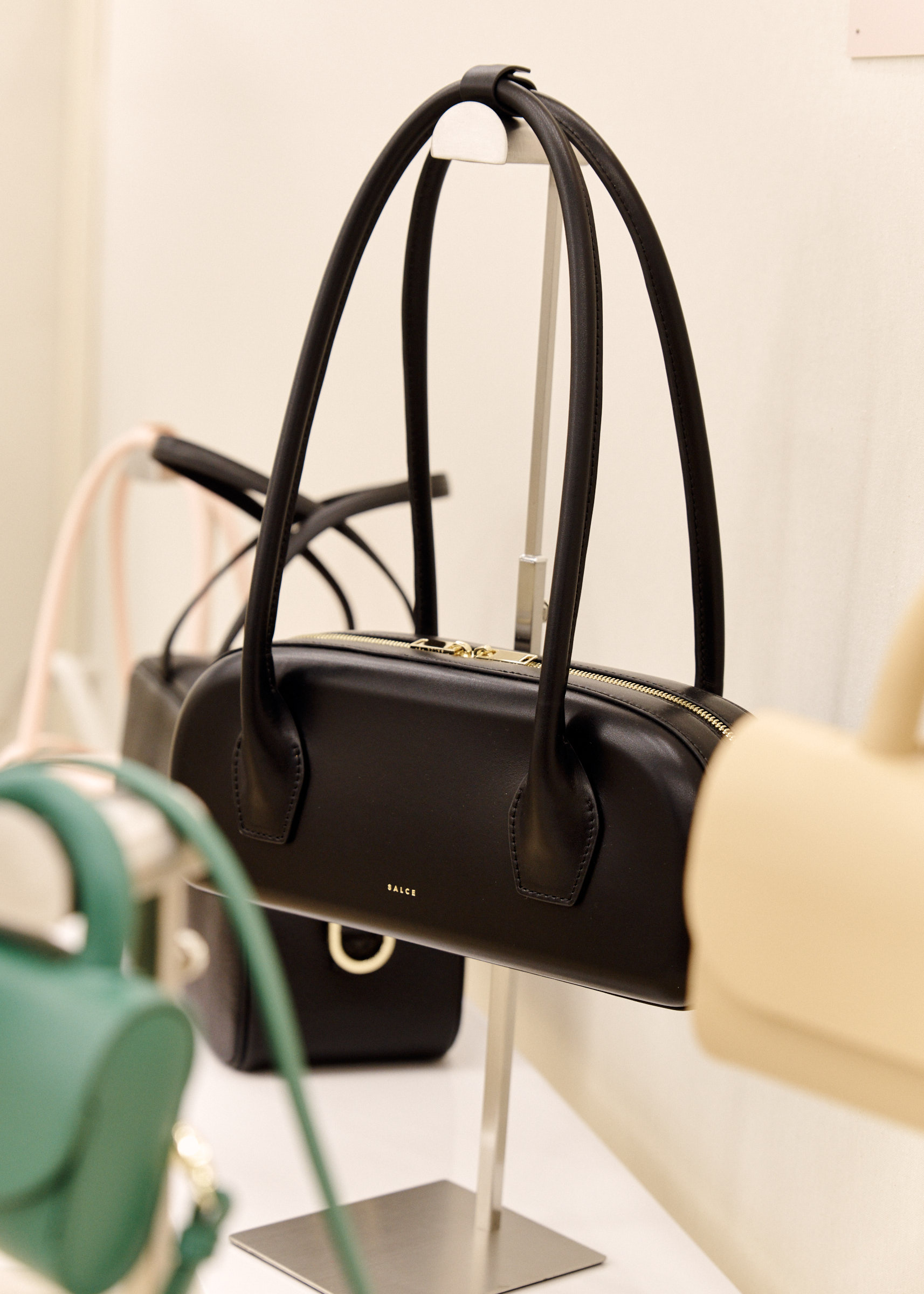
The Italian brand made its Premiere Classe debut with sharp, desirable bags inspired by glasses cases.
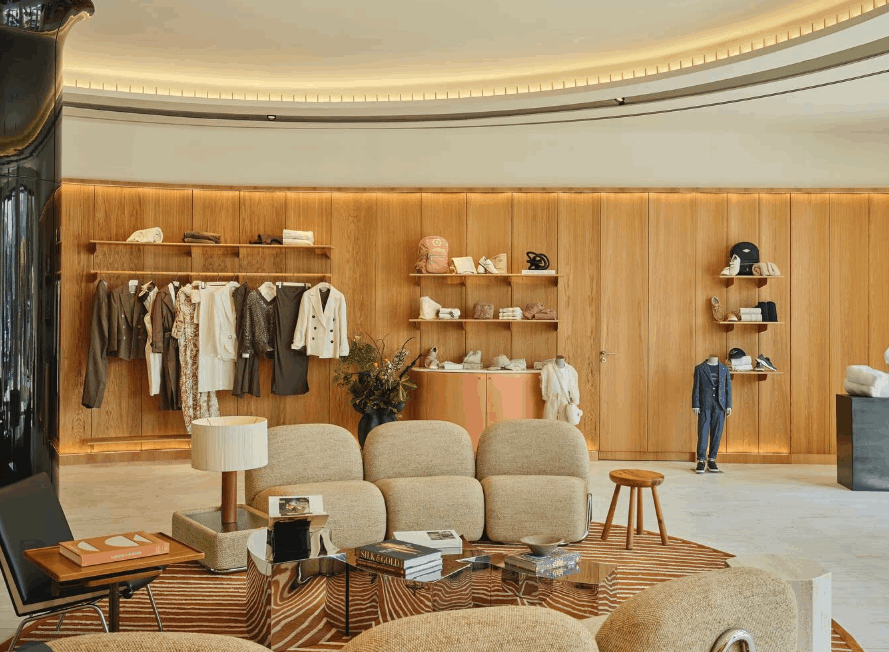
For Andrina Goussous, stylist for luxury e-shop Ounass, Premiere Classe has everything it takes to charm Middle Eastern customers, increasingly in tune with a Parisian approach to fashion.

At Fenda, shapes are crafted by hands, jewels are inspired by cutlery in a Salvador Dali spirit, and Brazilian stones seem to have been unearthed from the pieces themselves. A deeply artistic approach to jewelry, born from the imagination of Roberta and Sam, a British-Brazilian couple with a strong sensitivity to embellishment.
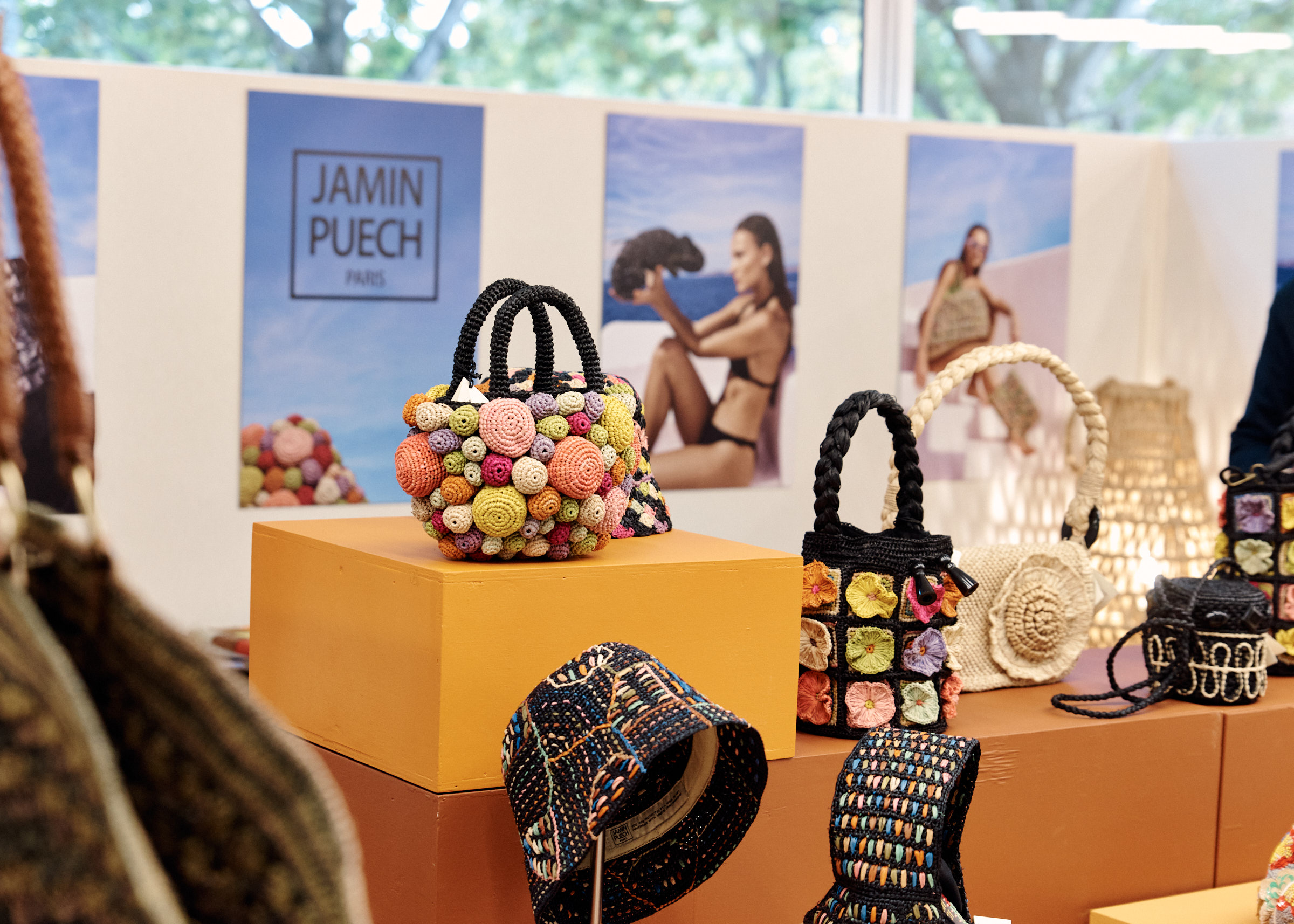
We caught up with Liva Ramanandraibe, owner, designer and heartfelt ambassador.
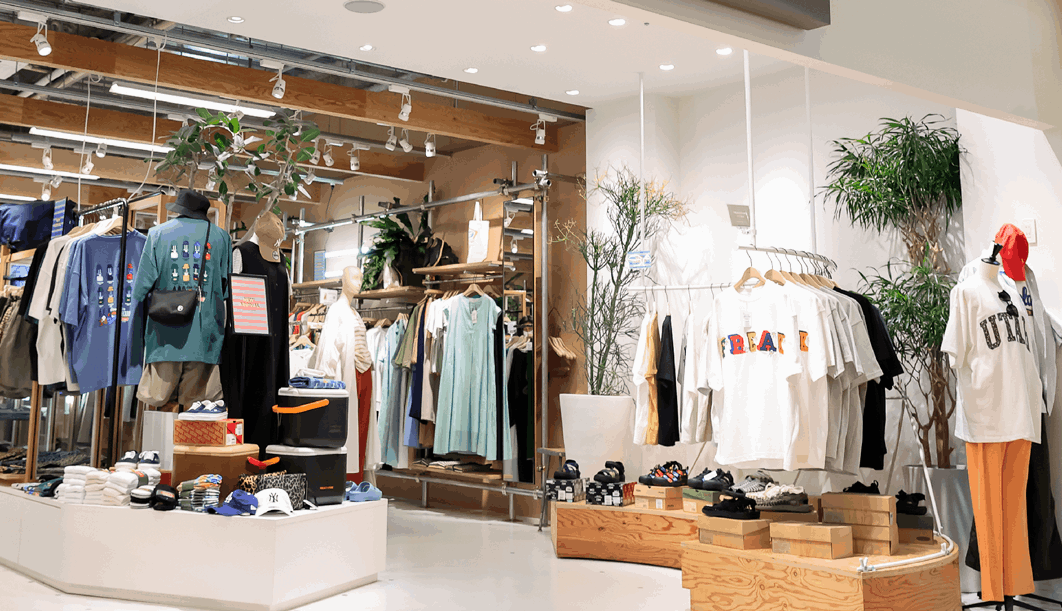
From their first impressions to their buying strategy and brand crush, Marina Susaki and Miyu Toyama told us all about their first experience at the trade shows.

From October 3rd to 6th, Pampa The Brand will unveil its vision of contemporary craftsmanship at Premiere Classe in the Jardin des Tuileries.

Talent Indonesia is an acceleration programme initiated by the Indonesian Ministry of Trade, the Embassy of Indonesia in Paris, the City of Jakarta, and L’Adresse Paris Agency.
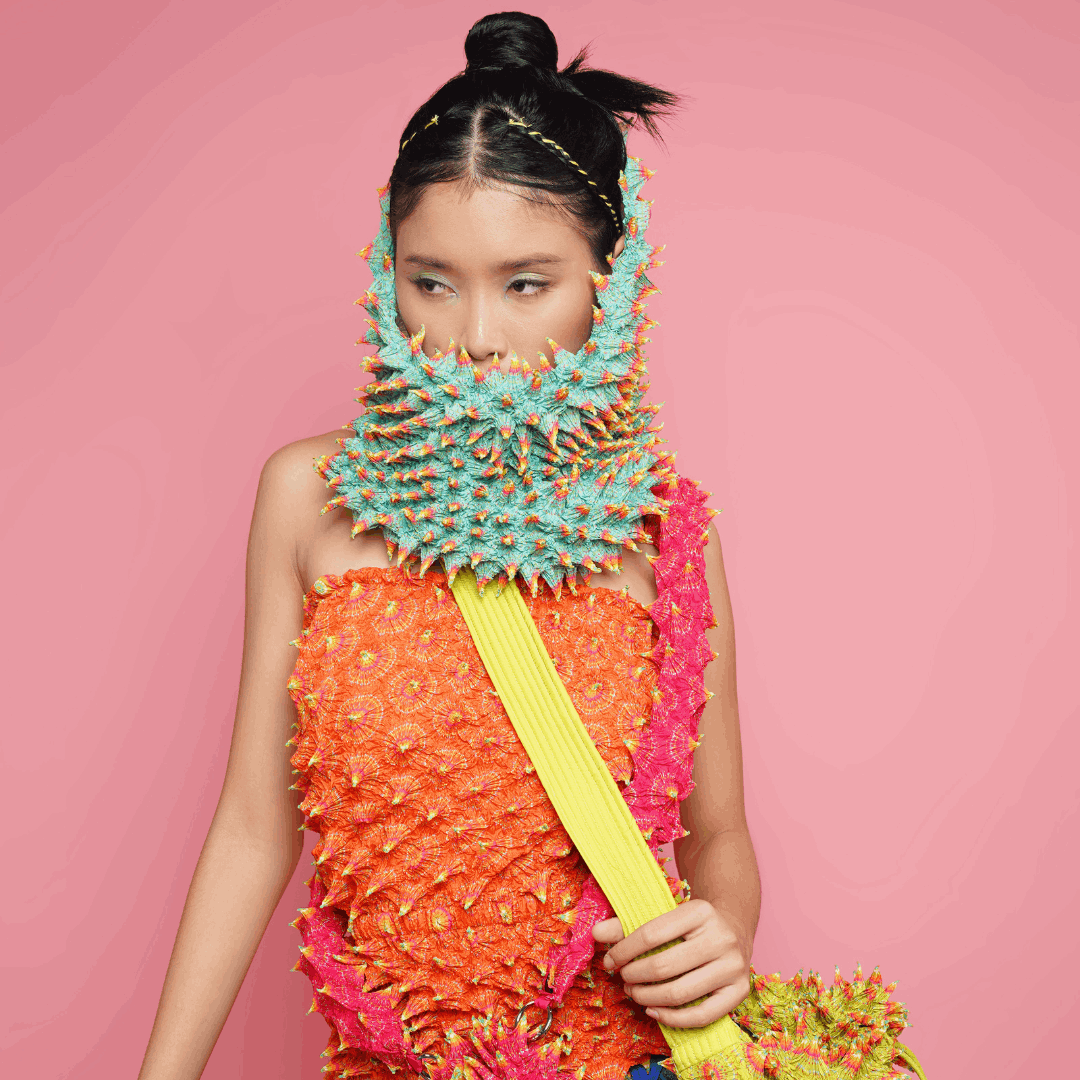
The Franco-Indonesian fashion incubator PINTU is a bilateral programme dedicated to Indonesian and French SMEs and designers in the fashion sector. Its aim is to prepare talents for international visibility while emphasising environmental sustainability and traditional craftsmanship.

Amid the curated elegance of Premiere Classe, Patricia Sáinz Martín—founder of PAT Studio, a handbag brand known for its sculptural refinement—presents a body of work that is sensory, deliberate, and timeless.


The BRILLIANT area embodies the very essence of high jewelry and precision watchmaking. Designed as an elegant showcase, this space highlights the prestige, craftsmanship, and the creation, with the support of FRANCECLAT, a committed partner in promoting artistic crafts and creative excellence.

Interview with Janina Düttmann, Designer and Founder of Düttmann, during Premiere Classe March 2025 Edition under ‘Jardins des Tuileries’ iconic venue.

As the global fashion industry gathered in Paris for the latest edition of Premiere Classe, a new voice in the world of accessories emerged — Millia. Founded by Carmen Inez, the Amsterdam-based brand offers a bold, conceptual approach to leather good design, drawing from architectural forms, interior design influences, and a rather eclectic color palette. With a deep commitment to craftsmanship and sustainability, Millia's presence under the tents of Premiere Classe thoroughly captured the attention of buyers and creatives alike.
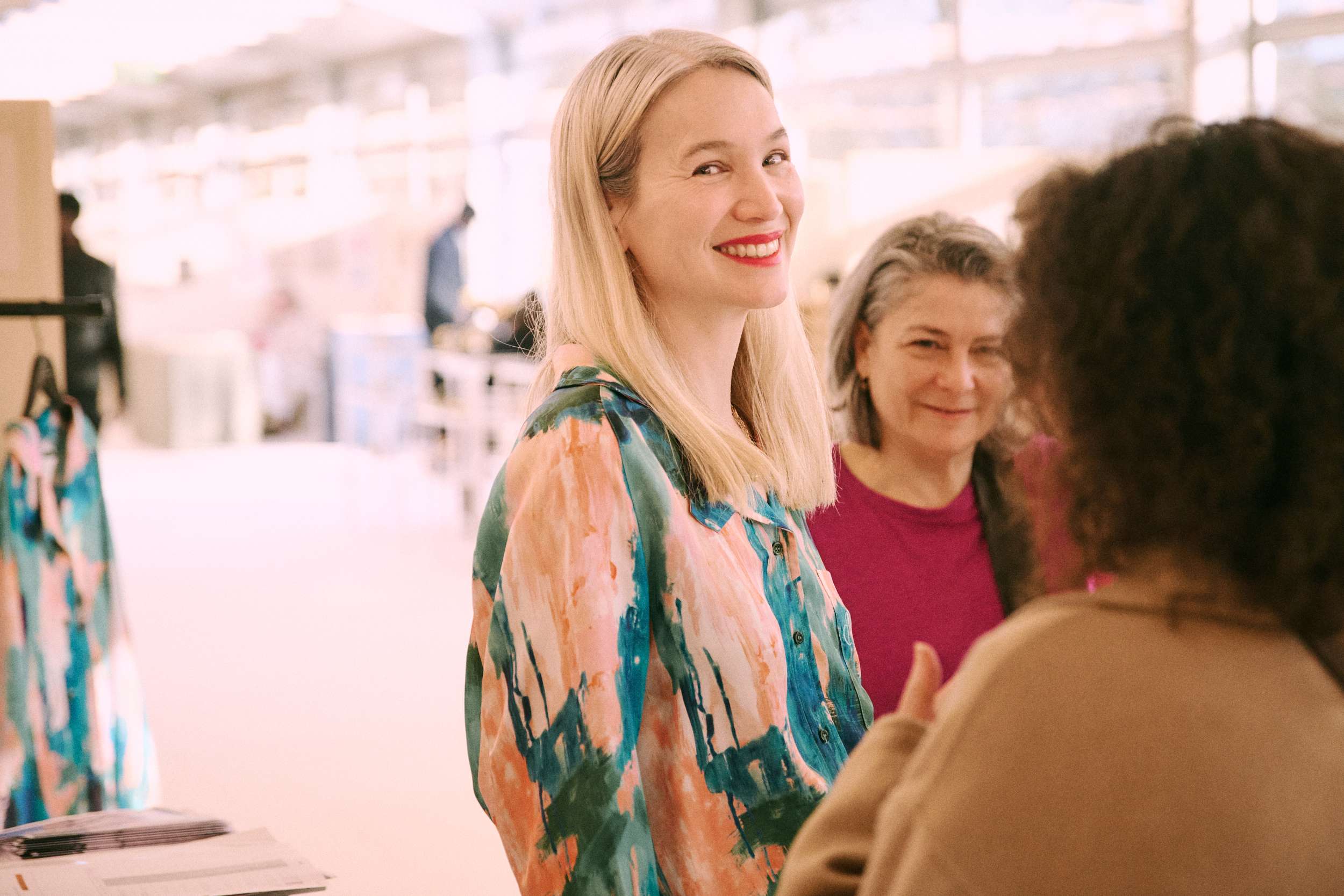
For her first participation at Premiere Classe, Christine Phung introduces a collection that merges architectural precision with fluid motion and all elements of Nature’s energy expression, a balance between structure and radiance expressed by colours and patterns with underlying deep meaningful expressions. With a career spanning prestigious houses like Lemaire, Chloé, and Vanessa Bruno, Phung has refined a pragmatic yet poetic approach to design.

As Premiere Classe once again gathered the most visionary emerging designers, Petite A stood out with its ethereal craftsmanship and poetic use of glass as a main creative medium.

On her first visit to Paris for the Premiere Classe trade show, Pamela Duque — a buyer for the URBN group, which includes Urban Outfitters, Anthropologie, and Nuuly — offered a fresh take on the show’s distinctive positioning. She attended with the aim of curating a selection for Nuuly, URBN’s short-term clothing and accessories rental platform.
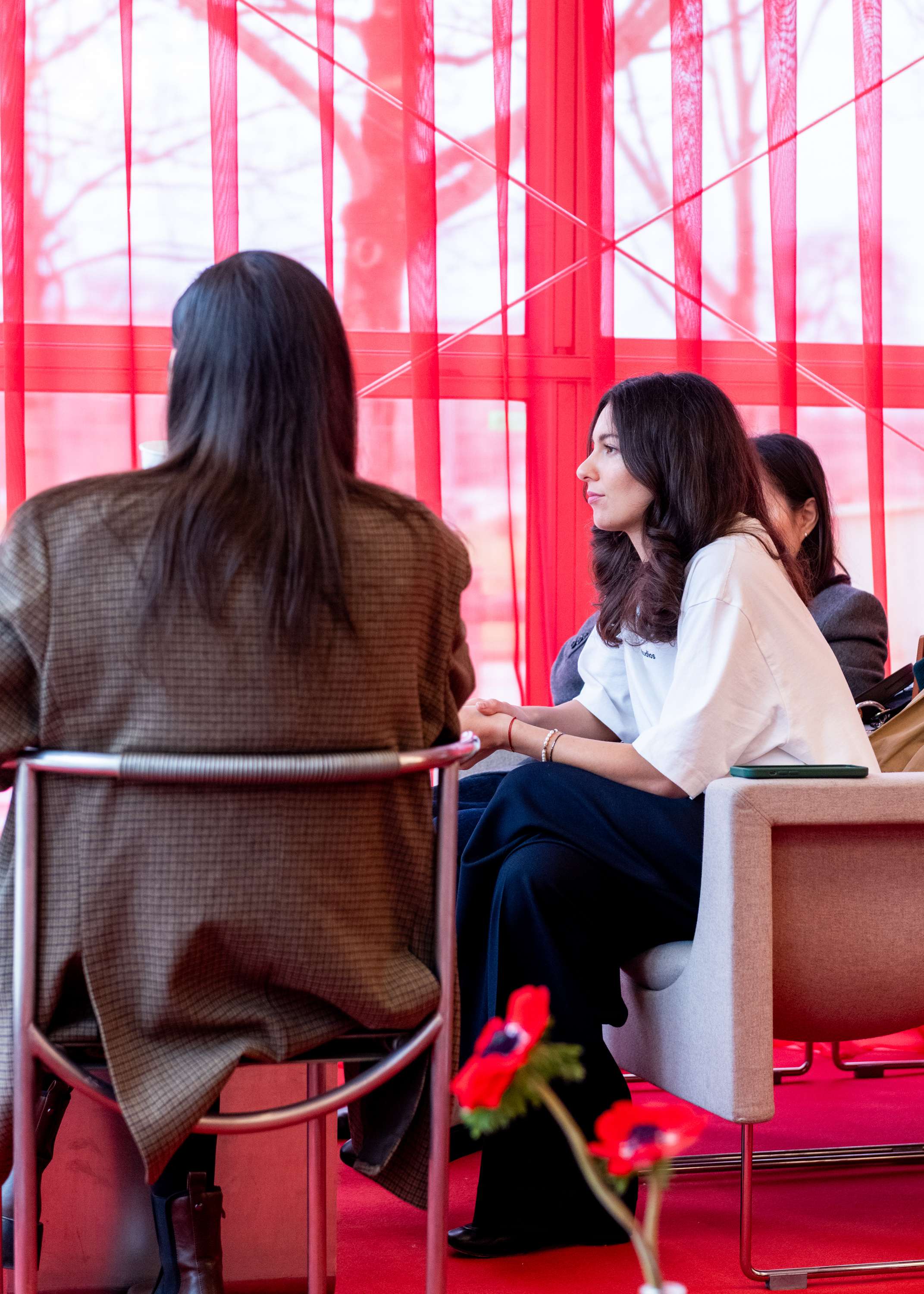
For the buyers at Al Tayer, based in Dubai, Premiere Classe is an essential destination for discovering emerging brands and spotting unique pieces that resonate with their luxury-conscious clientele. This year, Anastasia Gurskaya and other members of her team focused on accessories and jewellery, seeking out brands that align with the Middle Eastern market’s appreciation for exclusivity, craftsmanship, and sustainability.

At the latest edition of Who’s Next in January 2025, Esra Baysal, buyer for Istanbul-based concept store Vakko, had a clear mission. Her goal? To seek out excellence and a unique identity. The purpose? To enhance their global selection for the season.
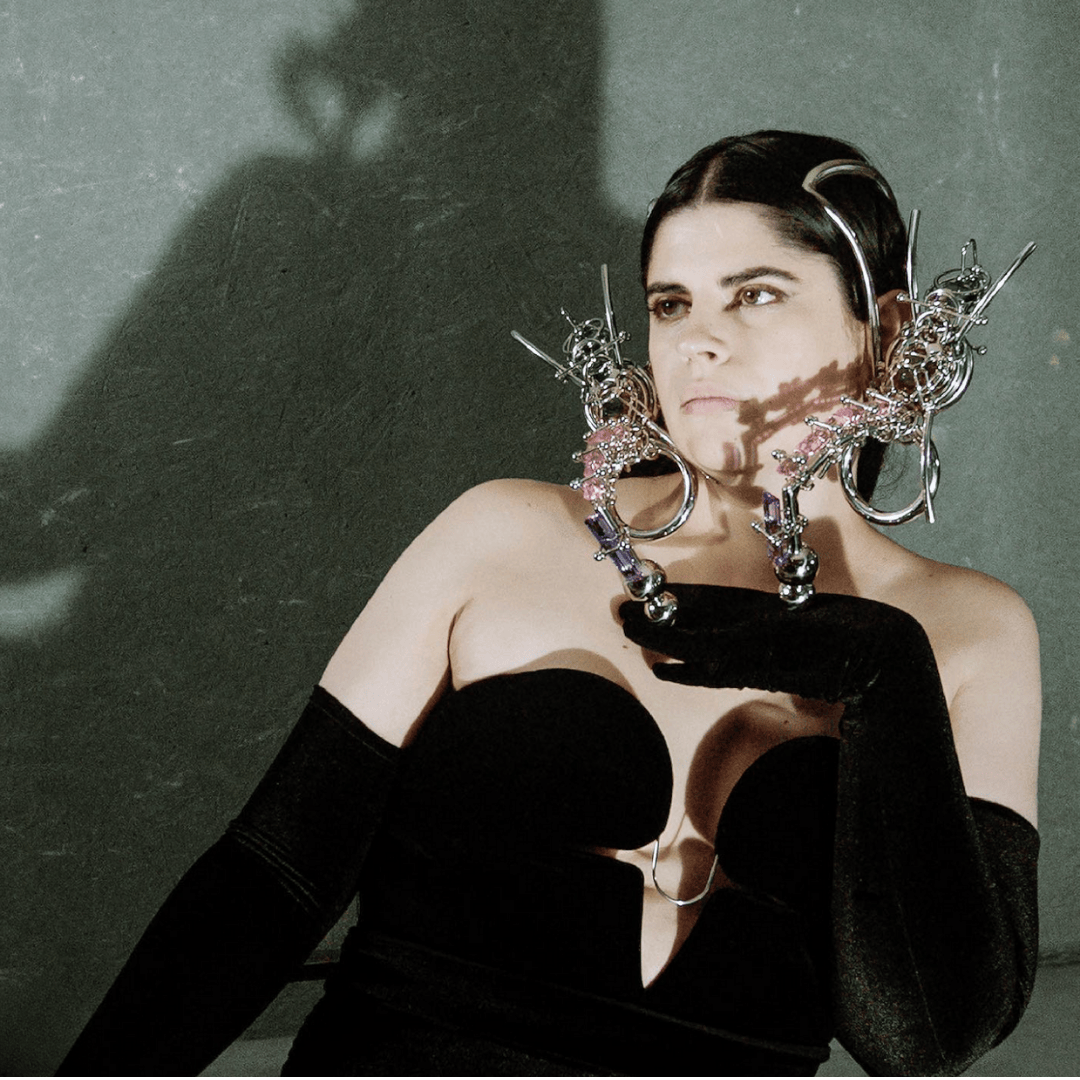
Amid the continuous energy of Bijorhca, held alongside Who’s Next—where trends are shaped, and creative ideas collide—one enigmatic figure captured the audience’s attention. Gabrielle Huguenot, winner of the Hyères Grand Jury Prize in the Accessories category, transcended the stage of this event, operated under the BOCI, with a performance that was both unsettling and hypnotic.
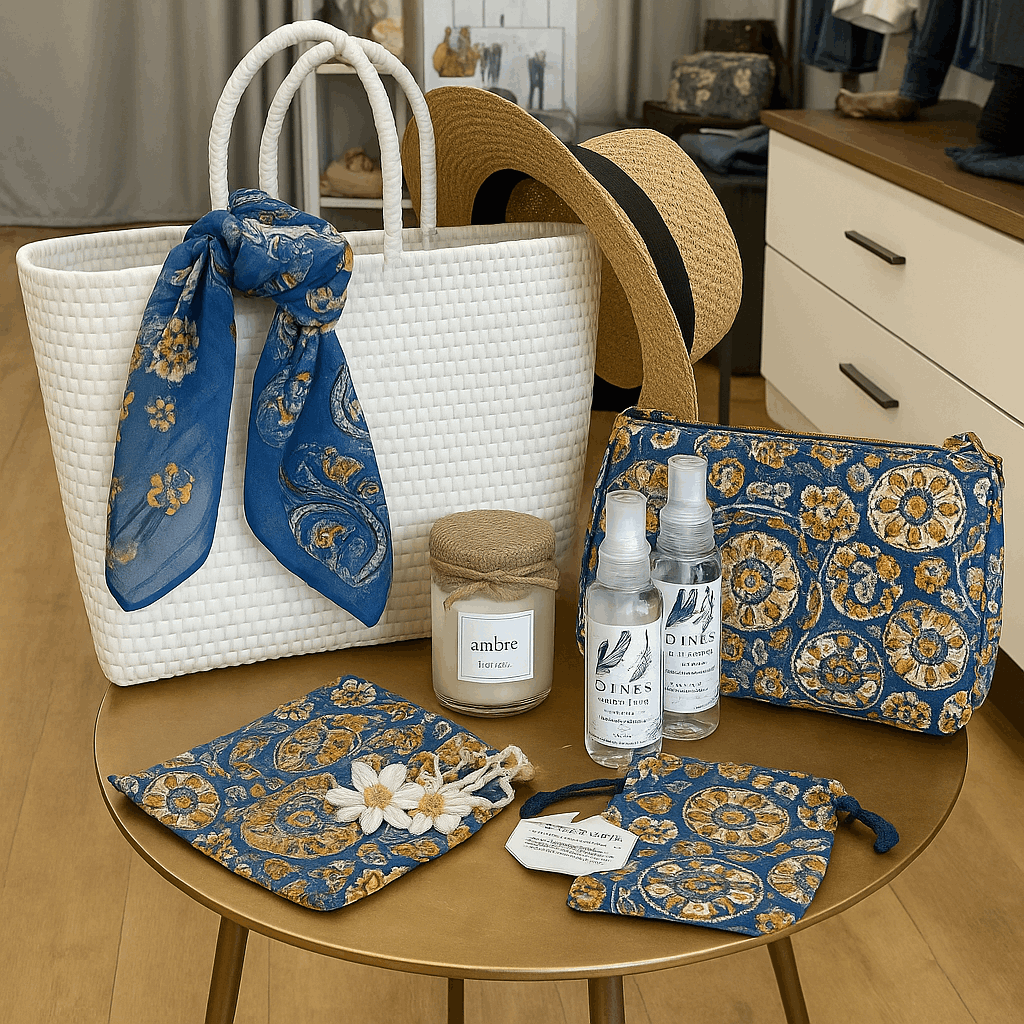
Opening a boutique is a dream come true for Véronique Cheurlin, who has been attending Who’s Next for three seasons in search of hidden gems.

The doors of Victorienne, a family-run luxury boutique in Bolzano, Italy, have welcomed customers for the past 36 years. Specializing in premium European and American brands, the store has become a staple for high-end fashion lovers. Today, Sophie Carreras, who grew up immersed in this world, shares insights into her profession.

36 years ago, Maha Misto opened the first Green Bird Boutique in Abu Dhabi. Since then, she has opened two more stores showcasing premium brands, from Couture to ready-to-wear. During the last Who’s Next edition, she explained her job and her views on the industry.
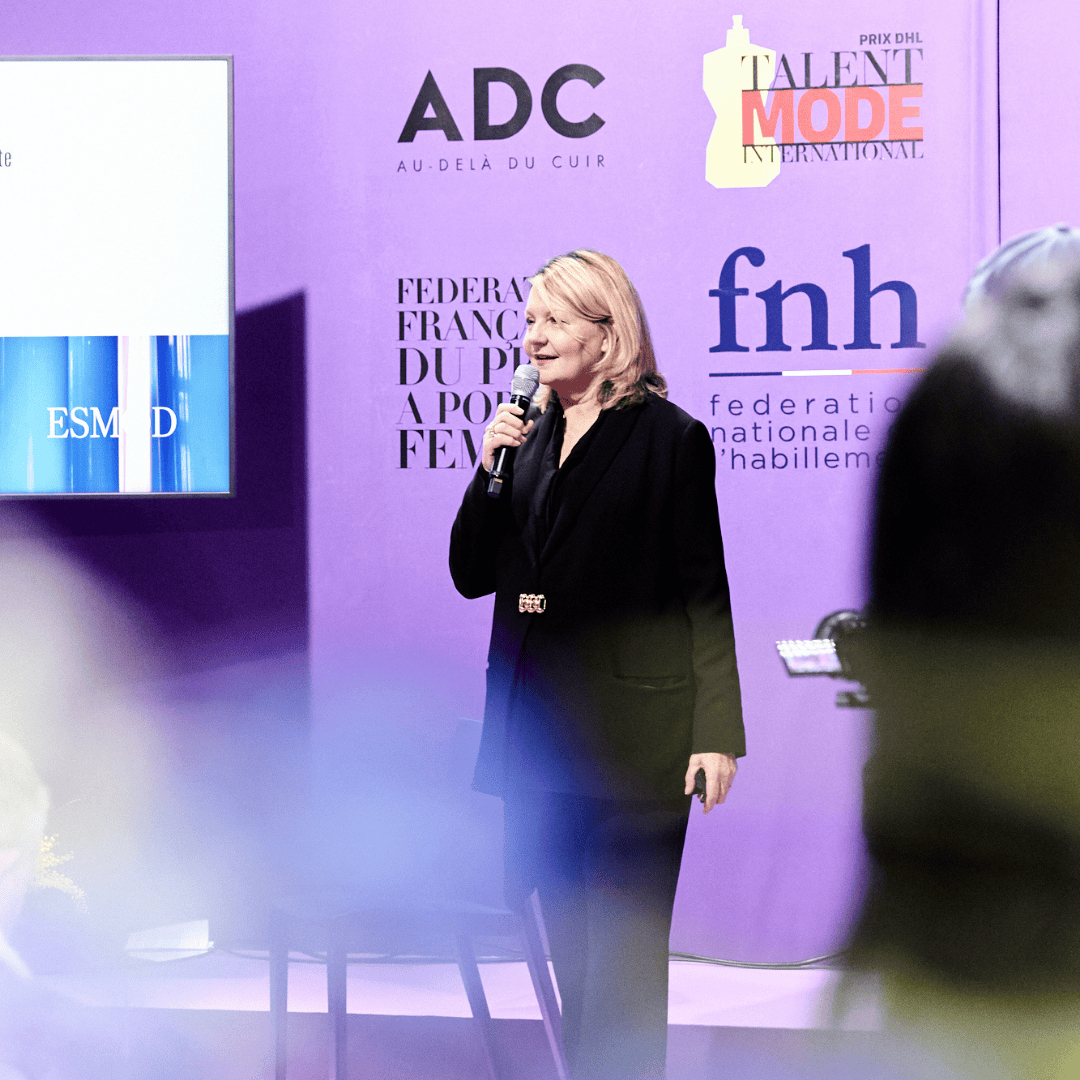
On the second day of the Who’s Next trade show, Véronique Beaumont, General Director of the ESMOD Group, outlined the concept of the persona in the era of Marketing 5.0. Her goal? To help brands and boutique managers understand their target audience during economic tension and societal change.

Less well-known than other craft professions, silversmithing is nonetheless a trade of the future, as Eric Despierre from the house of Christofle reminded us, alongside spokespersons from GRETA.

What does the future hold for watchmaking in France? At the Bijorhca trade show, Stéphane Gaston, Deputy Director of Professional and Technological Training at Lycée Diderot, proves that French watchmaking is far from obsolete.

The latest edition of Who's Next marked a significant milestone for Belgian fashion designer Valentine Witmeur, allowing her to showcase her brand and its evolution.
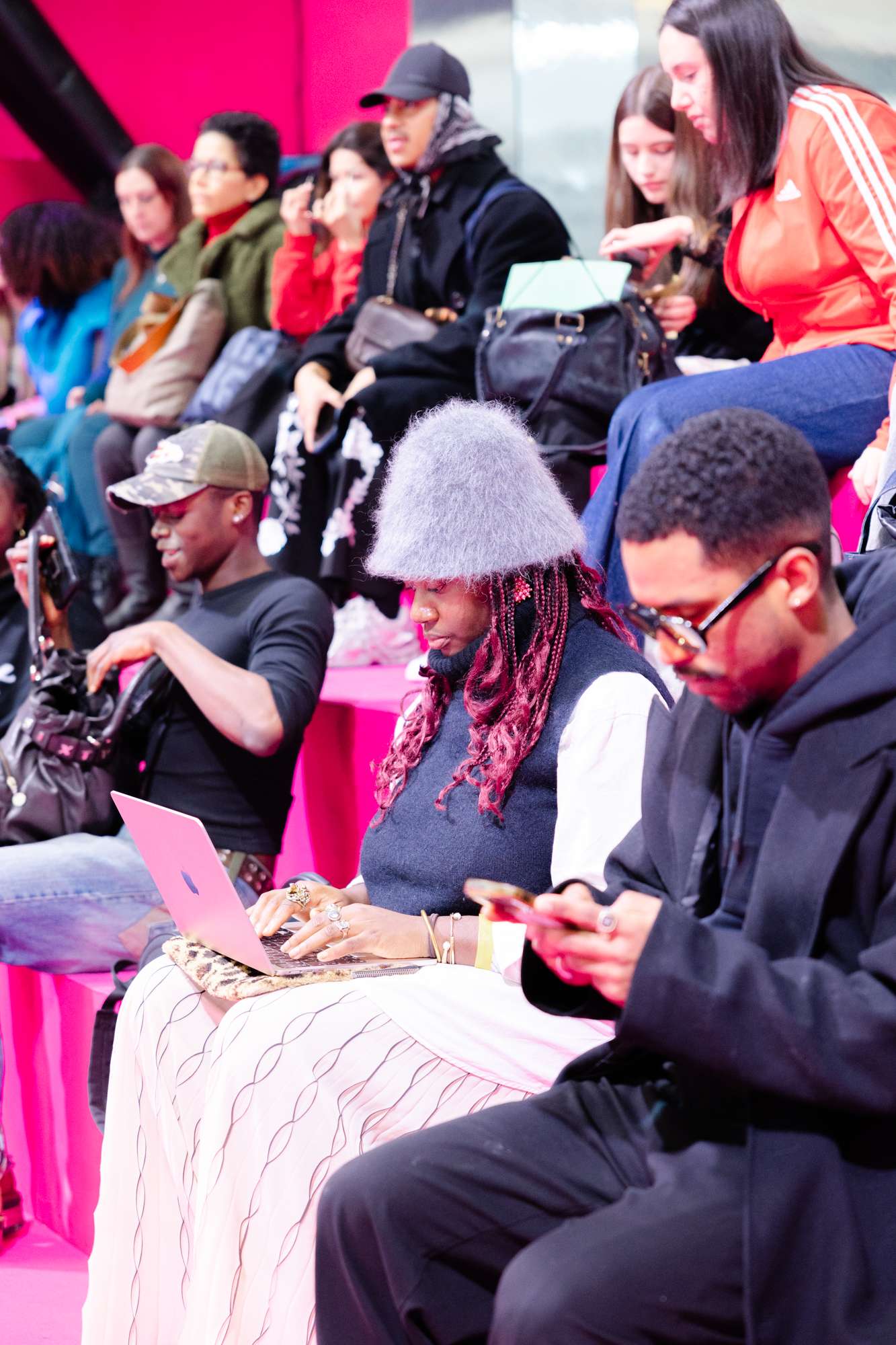
Many young creatives dream of creating a fashion brand, but the journey is full of challenges. For this edition, Who’s Next asked Konbini to bring together emerging designers to share advice for those looking to start their own brand.

Mental health is a topic discussed within the fashion and luxury industry. More than a contemporary societal subject, it also allows us to understand the behavior and ethical demands of a new generation of consumers, as explored in this conference led by Florian Müller, the owner of a creative agency focused on fashion, eco-responsibility, and mental health.

For the past ten years, Khadra Fliss has been walking the aisles of the Bijorhca trade show. She is the creator of the successful jewelry brand Belle mais pas que, which specializes in Miyuki beads. She shares her story with us and unveils the new pieces that will mark this season.
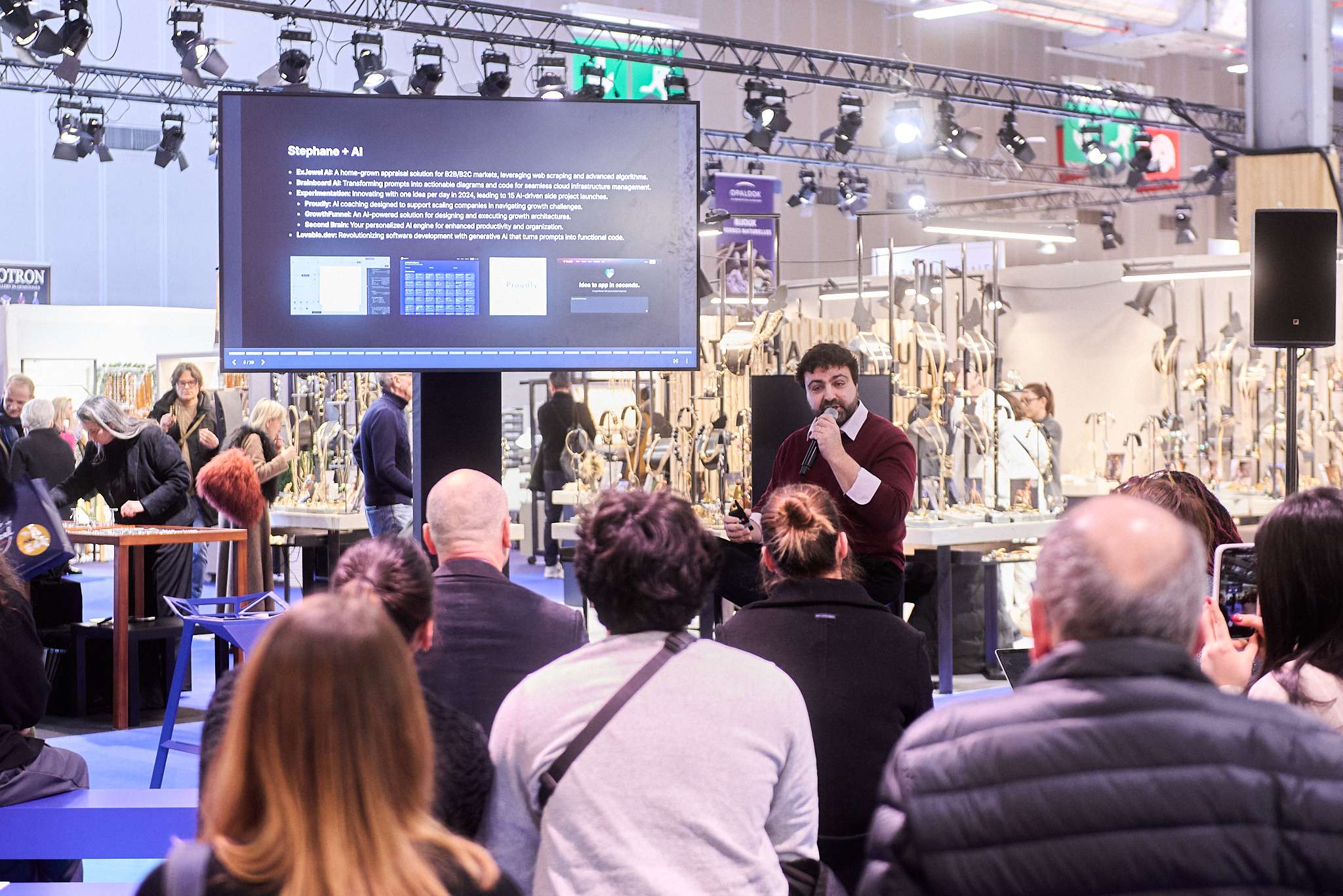
The Boghossian family has been part of the jewelry industry for generations, passing down its expertise. Now, Stéphane Boghossian aims to preserve and redefine this legacy through artificial intelligence.
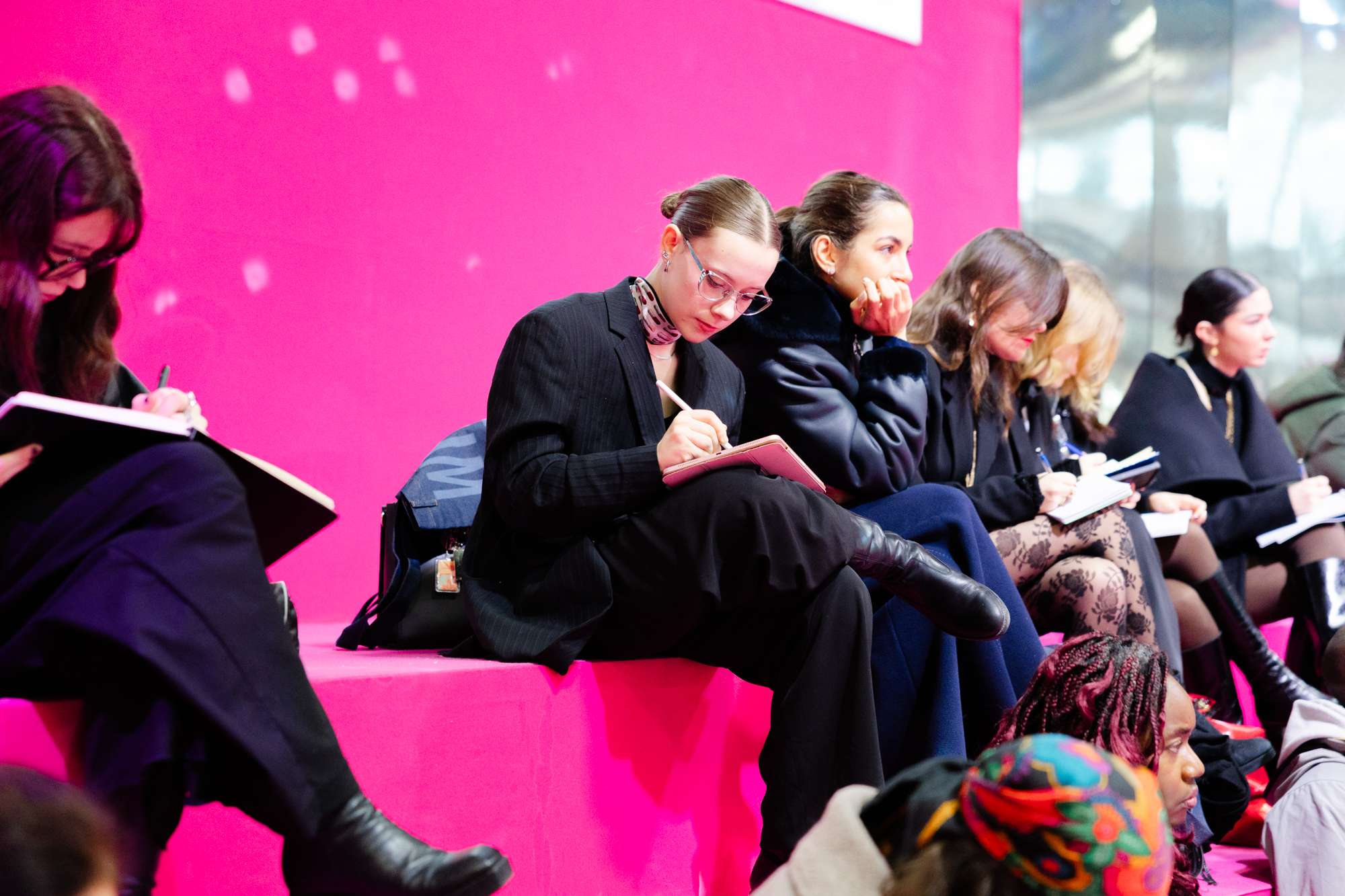
Will artificial intelligence replace fashion designers? This question keeps coming up in creative industries. Tony Pinville, co-founder of Heuritech and an AI specialist, shares his insights.

On the final day of the Bijorhca trade show, lawyer Pierre Greffe delivered a fascinating and highly practical conference: a legal deep dive that could help many creatives safeguard their products.
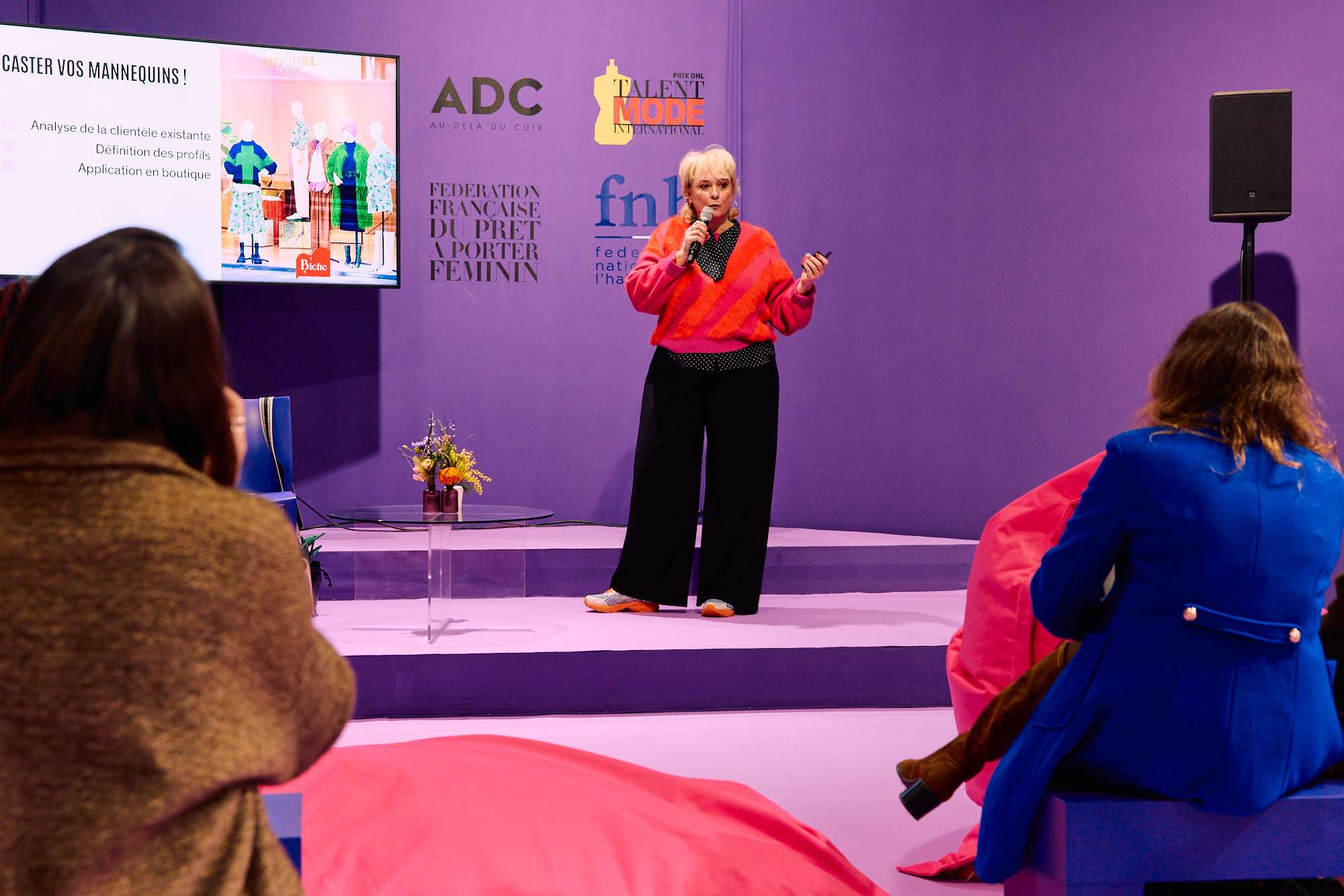
How can you create a loyal customer base and boost your sales? According to Sophie Edery, the director and founder of the Bordeaux-based consulting agency BICHE, the answer lies in visual merchandising and its rule of three.
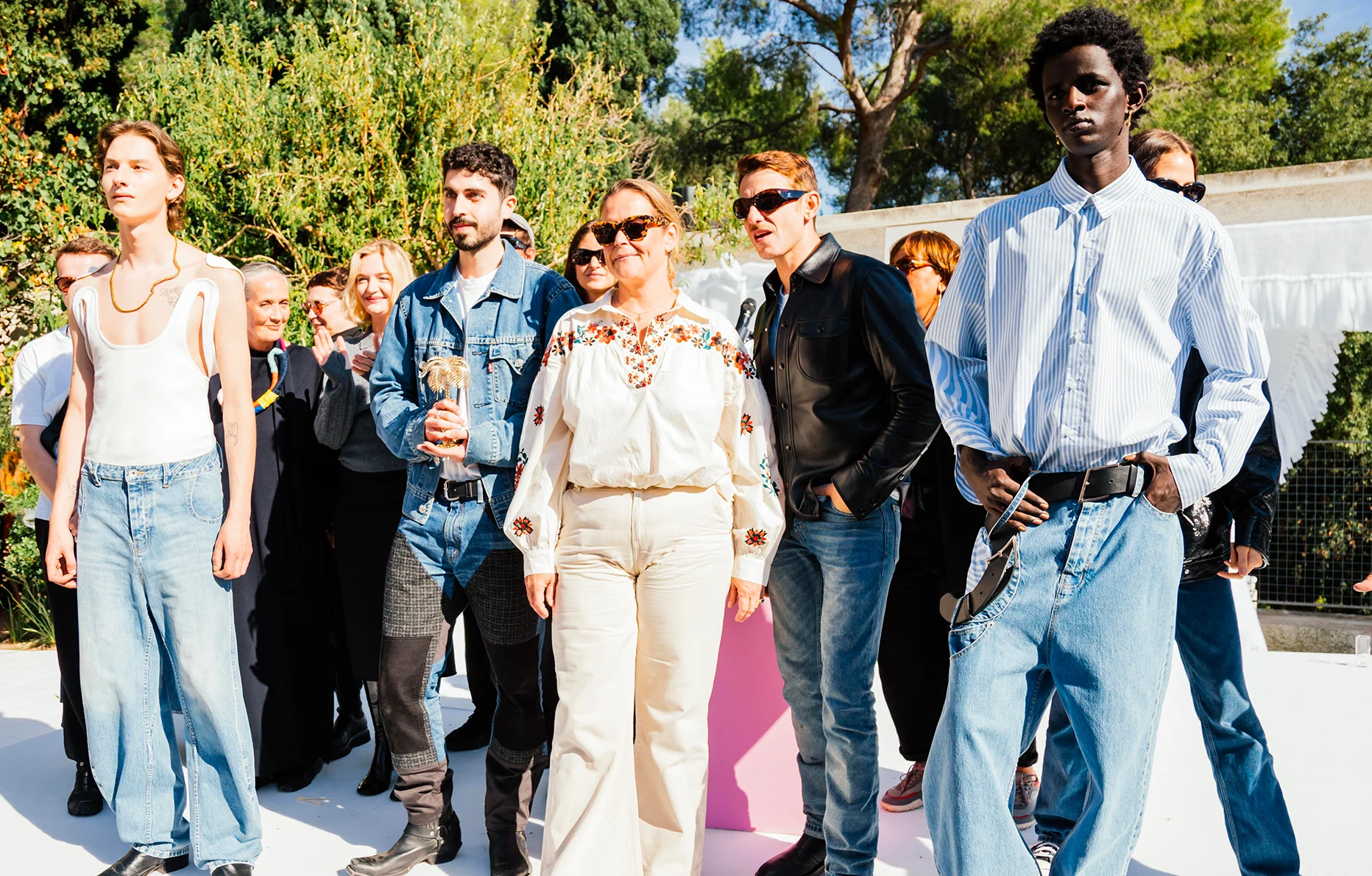
The Hyères Festival brought together the worlds of fashion, photography, and accessories from 10 to 13 October. For its 39th edition, the gardens of the Villa Noailles hosted the event under the direction of Jean-Pierre Blanc.
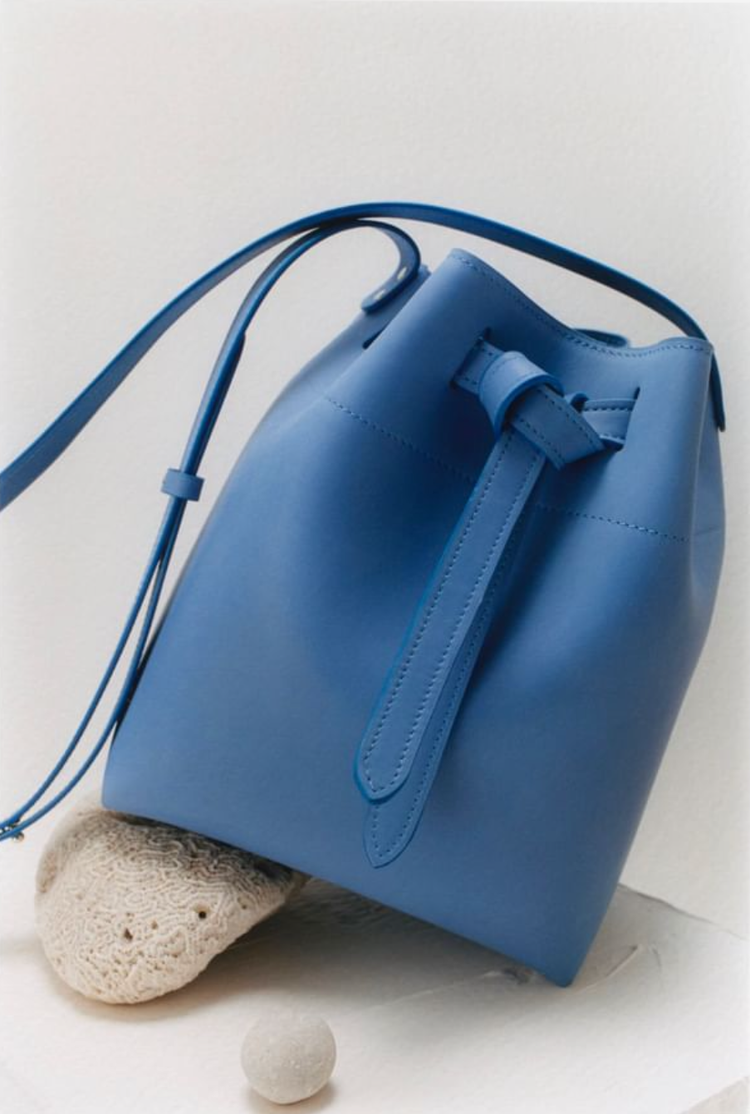
Their mission: to support and promote the emergence of new brands in the French leather industry.
Amid the excitement of the upcoming Who’s Next event at Porte de Versailles (Paris), BRUT ICON emerges as a showcase of cutting-edge creative innovation within a unique space.
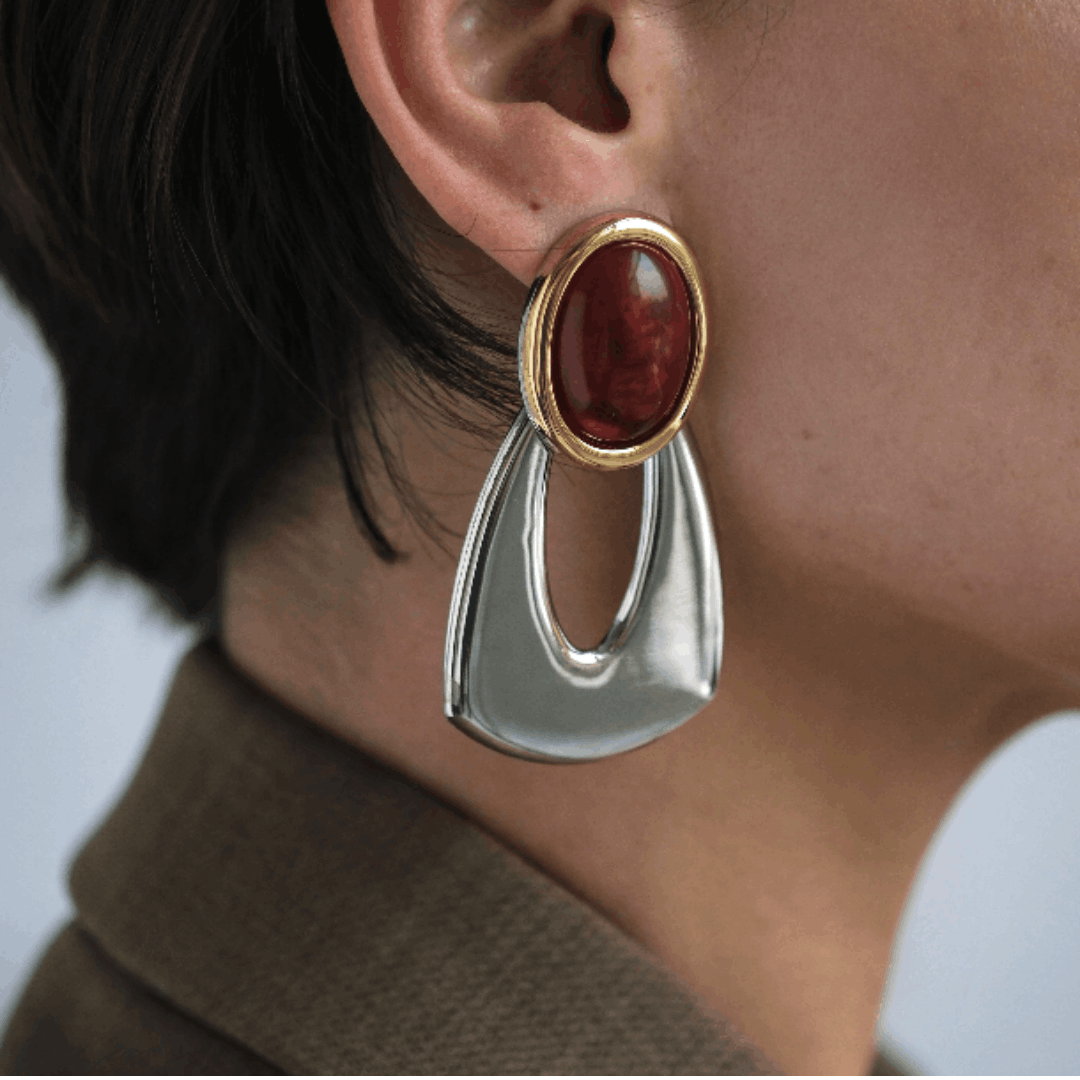
At this year's Bijorhca, Milano Fashion & Jewels will be showcasing its excellence in made-in-Italy jewellery. Four brands will be on hand to showcase the art of Italian jewellery.

At the heart of timeless elegance, sprezzatura, and unique artisanal expertise, Italy stands out on the international creative stage for its dual spirit—both rebellious and innovative, yet traditional and timeless. From the 18th to the 20th of January 2025 at Paris’ Porte de Versailles, Who’s Next, the unmissable gathering for fashion creators and professionals, will open its doors for a new edition that promises to be a true celebration of “Made in Italy.”

From the 18th to the 20th of January 2025, the Who’s Next trade show, more specifically the denim-focused area at the heart of our What’s Up Space, will serve as the stage for a vibrant celebration of denim. This timeless fabric, which transcends eras without losing its appeal, will be in the spotlight.
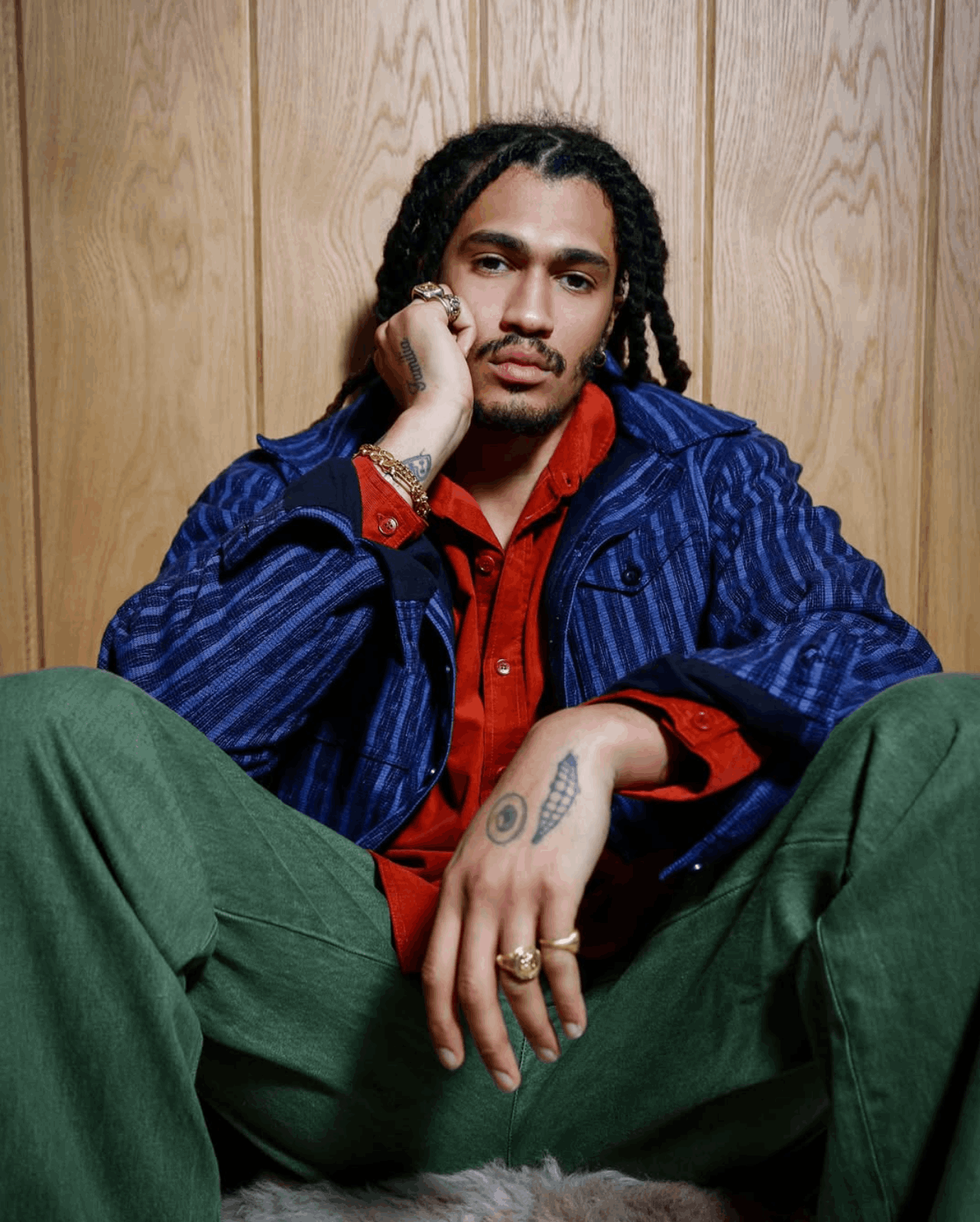
From the 18th to the 20th of January 2025 at Porte de Versailles, Who’s Next will open its doors to celebrate the creative spectrum of menswear. More than just a fashion event, it offers an immersive experience in a world where creativity and craftsmanship boldly converge with innovation in a uniquely vibrant setting.
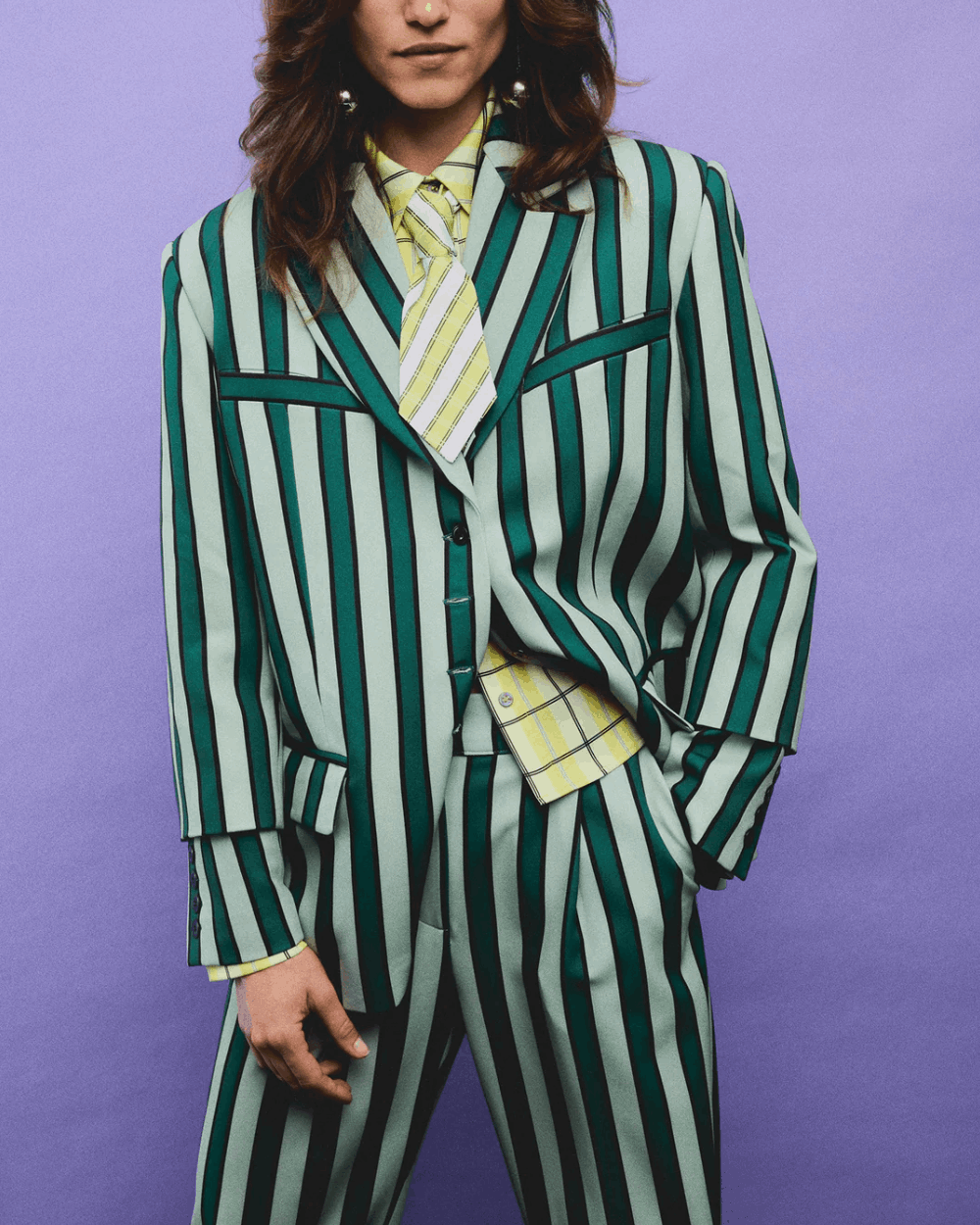
From the 18th to the 20th of January 2025, Who’s Next will showcase its creative spectrum in Paris at Porte de Versailles, offering an unmissable event for fashion enthusiasts, industry professionals, and designers.

Since its creation in 2017, The Good Goods has established itself as a unique media and creative studio, dedicated to transforming the fashion, textile, and luxury industries.
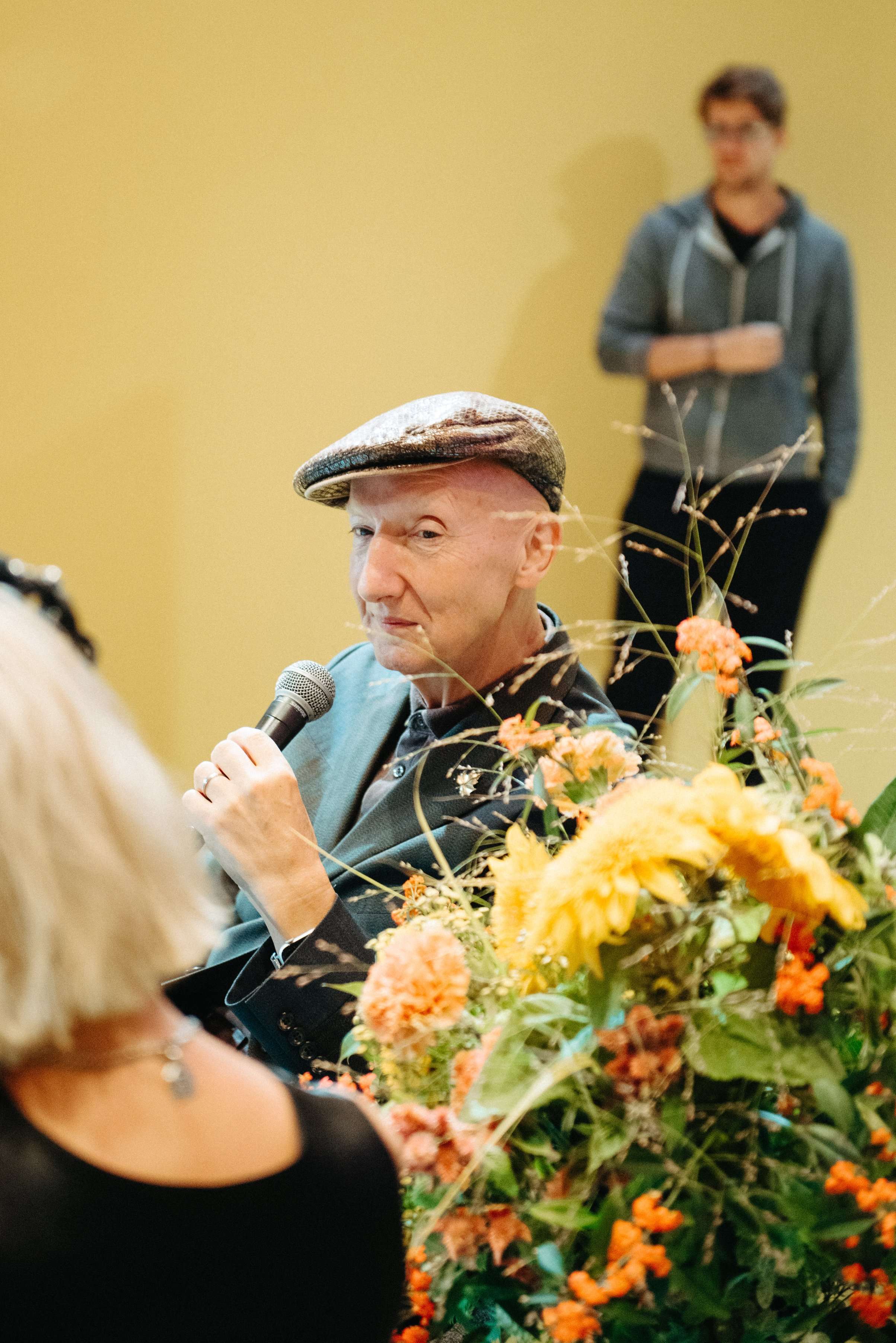
During the latest edition of Premiere Classe, held in the heart of the Carrousel du Louvre, one of the event's most anticipated moments was the talk by Stephen Jones, the iconic British milliner.

In the vibrant setting of the Beyond the Noise space at Premiere Classe, a talk hosted by Mixte Magazine captivated the audience with an audacious theme: how the new generation of designers is reshaping fashion by reconnecting with nature and craftsmanship.
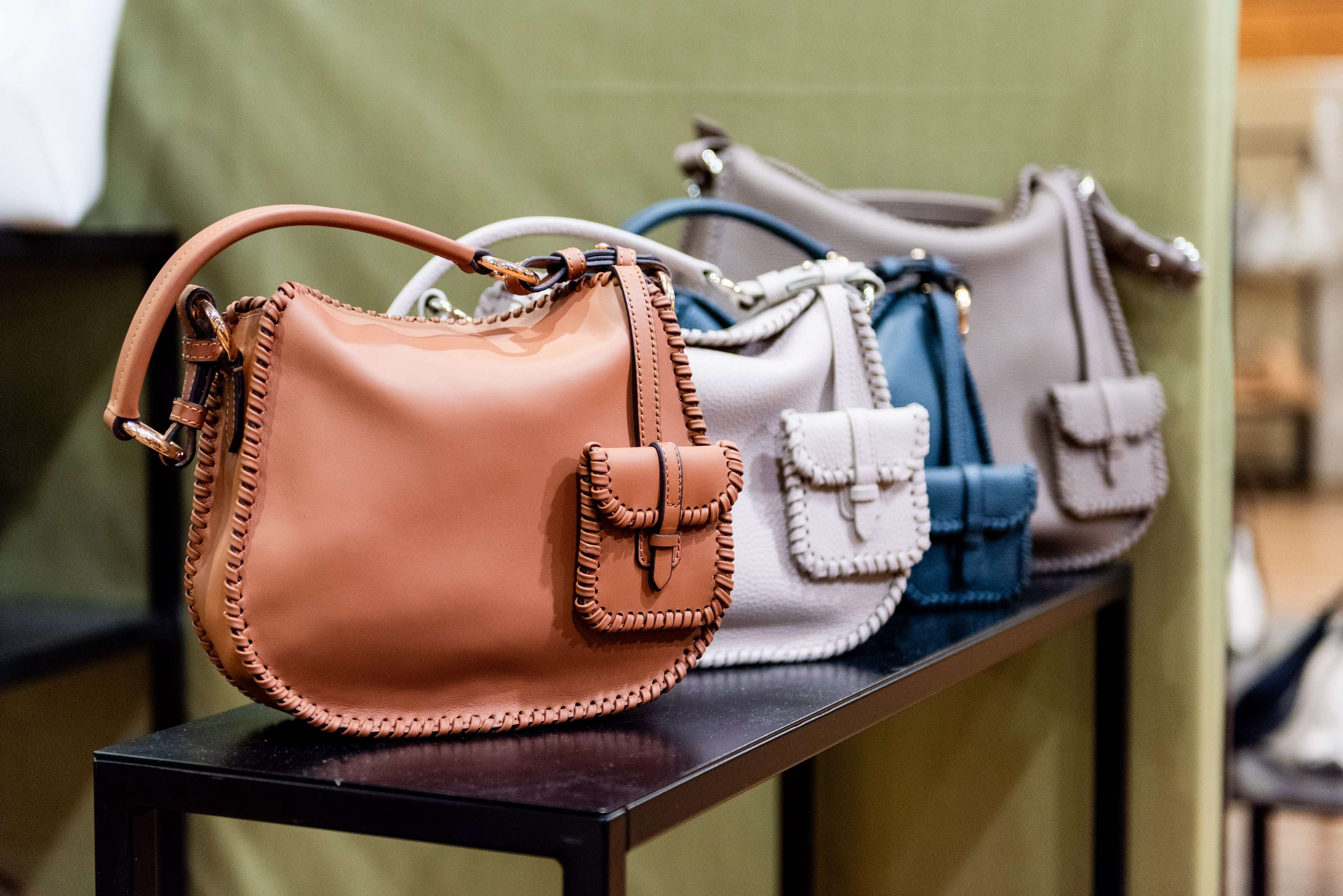
Founded by sisters Fazla and Eda Topbaş, Vuqu is a Turkish leather goods house based in Istanbul that skillfully combines elegance and functionality.
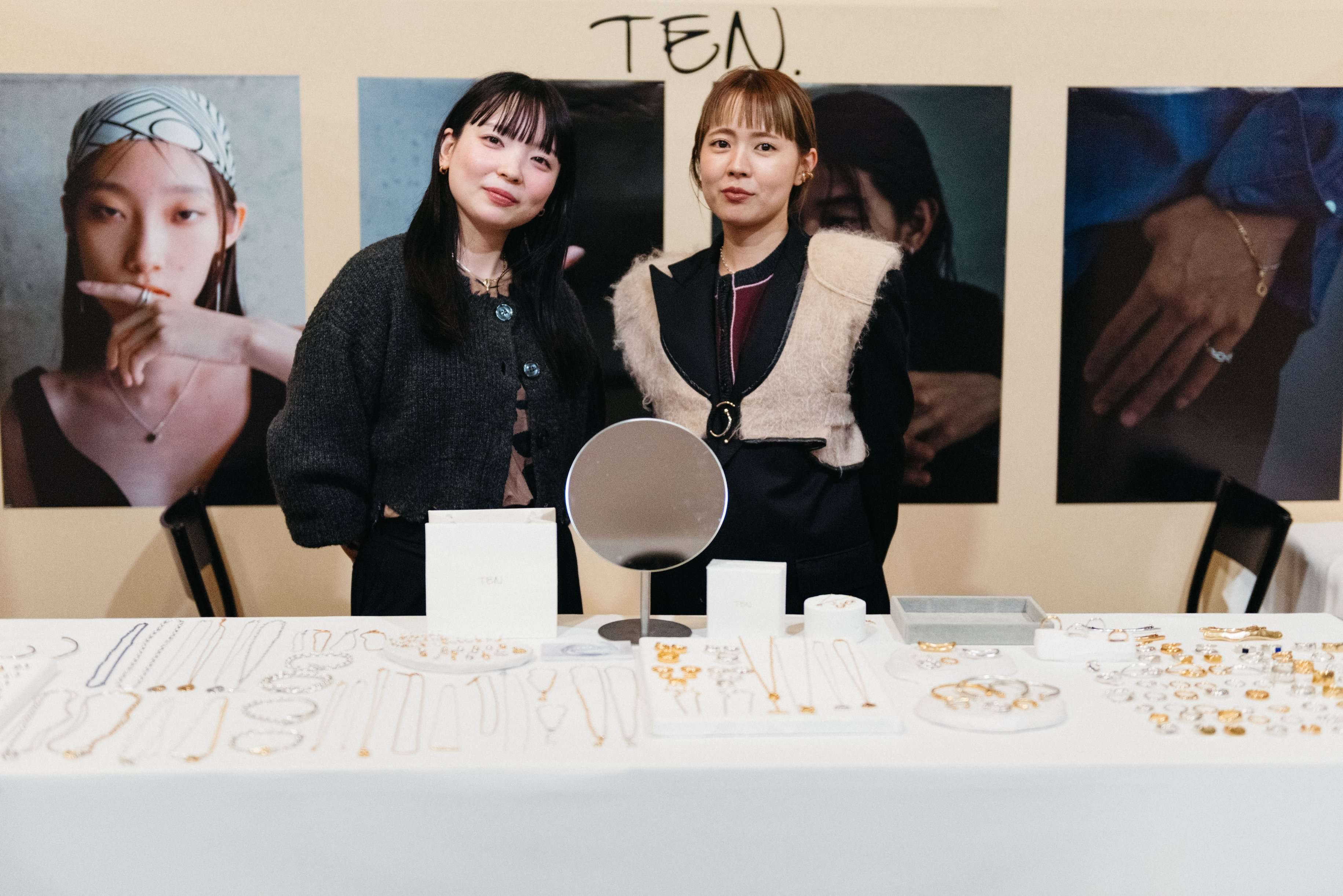
Founded by Japanese designer Akane Horikami, Ten. has become a go-to brand for those seeking a blend of nature, minimalism, and contemporary elegance. At this fifth participation in Premiere Classe, Ten. continued to captivate with a collection exploring fluid lines while introducing more geometric elements.
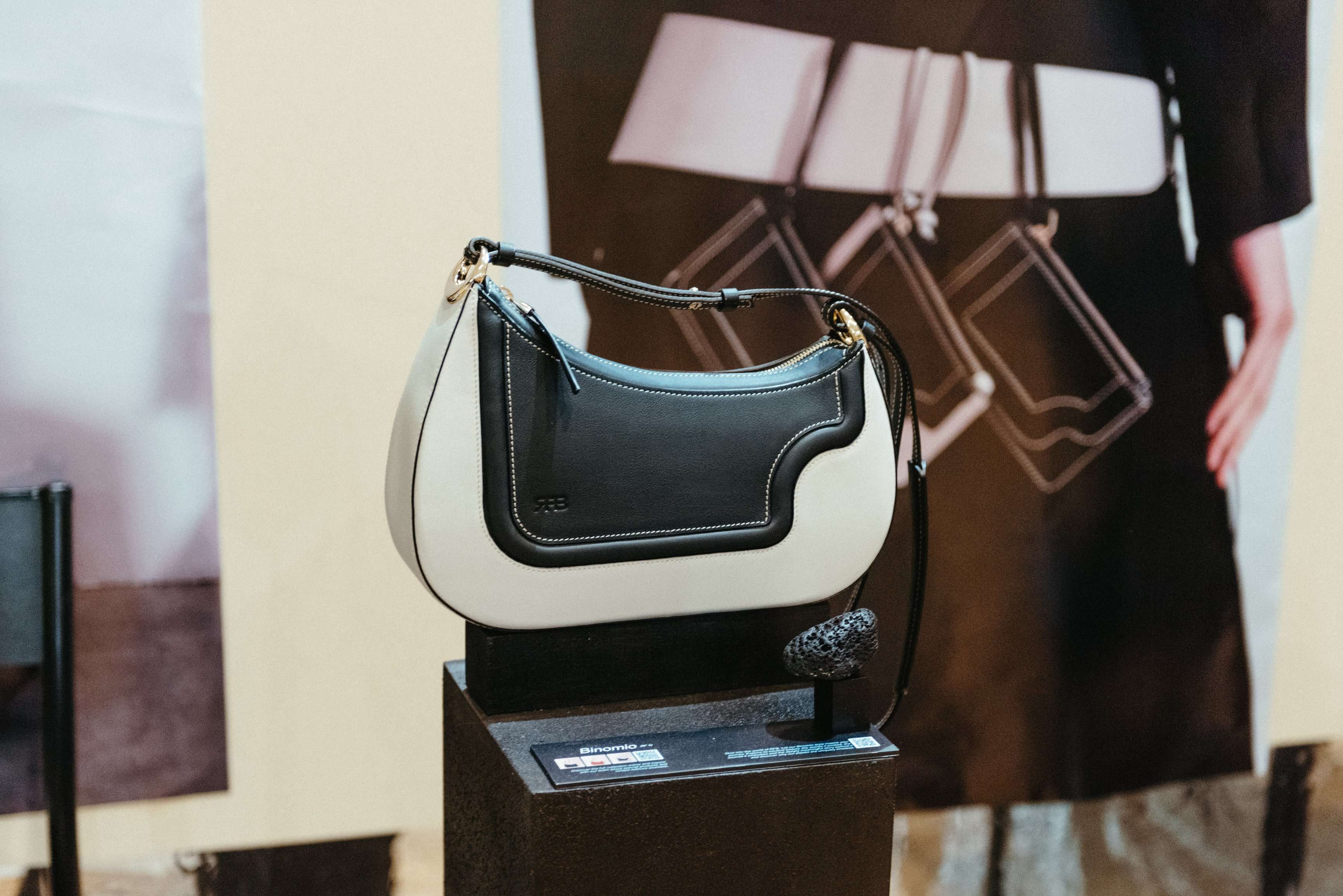
At her debut showing at Premiere Classe, Raquel Figueroa Borque, founder of the leather goods brand RFB, shared her journey, inspirations, and vision for a sustainable, timeless, and meaningful approach to fashion.
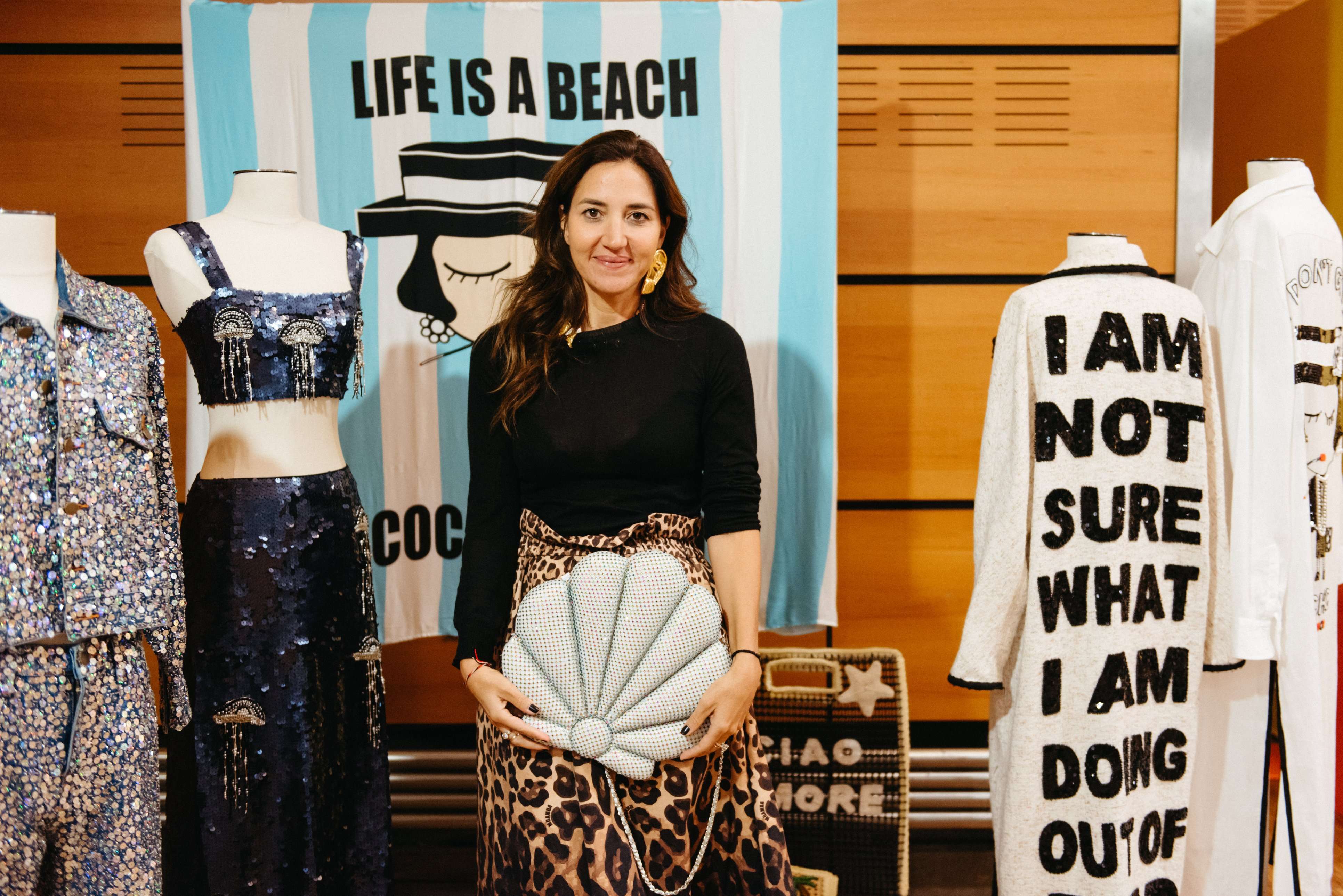
Founded by Ludovica Virga, House of Mua Mua stands out with its playful, humour-filled approach to fashion. At this September’s edition of Premiere Classe, Ludovica presented her new collection, Happiness is a Summer in Italy, inspired by her summer holiday memories. This collection brilliantly reflects the brand’s DNA, combining light-heartedness, humour, and meticulous craftsmanship.

Amambaih, founded by Mariela Schwartz Montielle, represents a unique fusion of art, culture, and humanity. Originally from Paraguay, Mariella draws on her multicultural roots to realise a creative vision that goes far beyond simply crafting artisanal shoes and bags.

From 18 to 20 January 2025, the Who’s Next trade show at Porte de Versailles (Paris) invites you to experience the warm, bucolic charm of countryside living through a diverse selection of brands—ranging from iconic names to promising new talents with innovative and sustainable concepts.

As the western aesthetic captivates designers, brands, and consumers, one French brand is riding the wave: Soco. Created in 1932, this “sleeping beauty” brand was revived three years ago, following a brief closure, thanks to the efforts of two passionate sisters-in-law who share the same first name. So the story of Soco is continuing under the stewardship of the “Maries Mignon.”
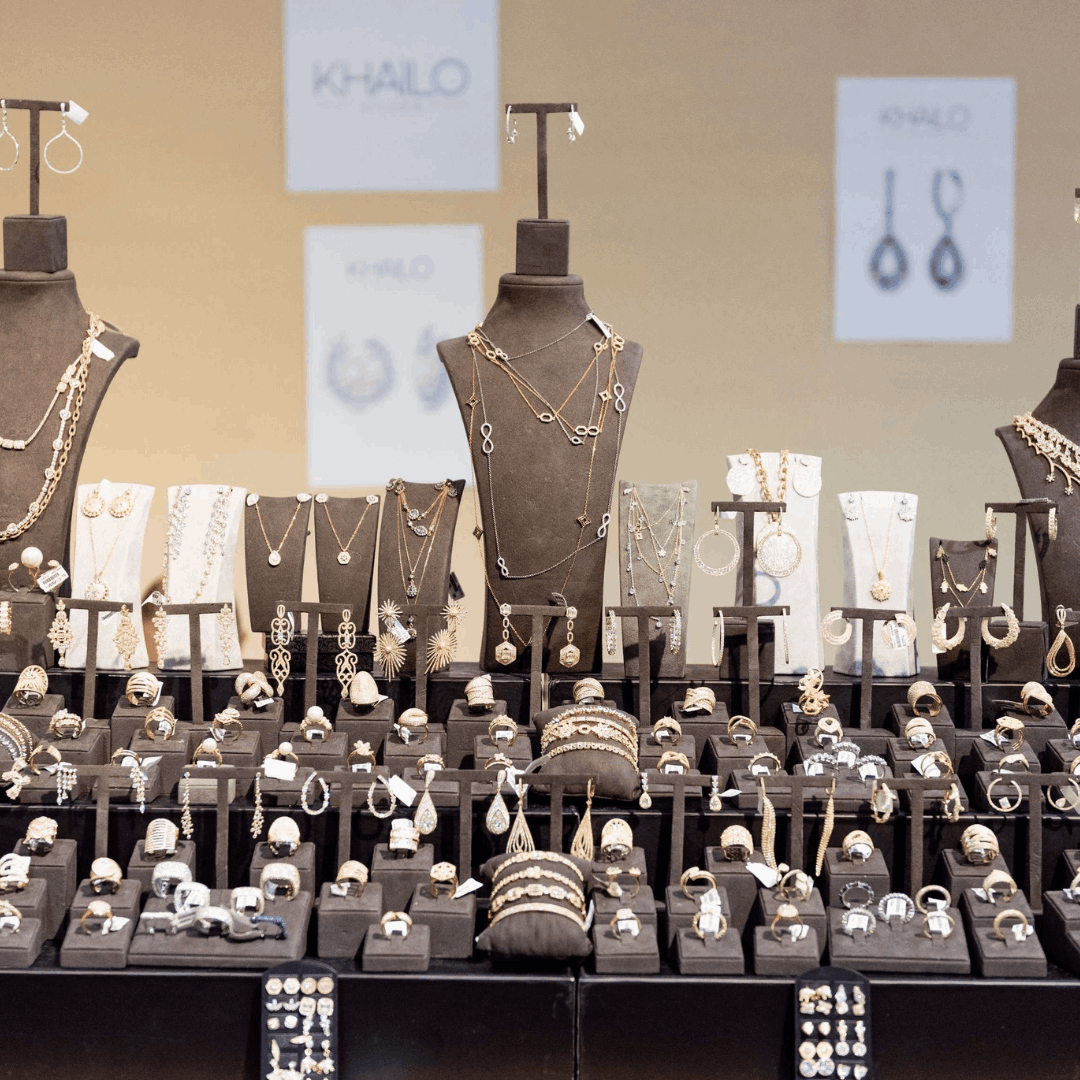
The Turkish brand Khailo Silver has been offering modern and elegant jewellery for over ten years. With meticulous finishes inspired by fine and high jewellery, their premium designs, often adorned with Swarovski crystals or other precious and semi-precious stones, have made them internationally renowned.

Founded in 2015 by the Italian duo Michelangelo Brancato and Francilla Ronchi, Coreterno is a niche perfume brand whose name means “eternal heart” in Italian, and the brand creates unique candles imbued with esotericism. Their style is a blend of rock, almost punk aesthetics, and a mystical aura, forming an invisible bridge between the ancient and the modern.

From the 18th to the 20th of January 2025, Who’s Next will once again take over the iconic halls of Porte de Versailles in Paris, inviting visitors to explore the inspiring Villa Beauté space. A true intersection of beauty, wellness, and lifestyle, this innovative hub showcases the latest trends and technologies in an immersive, multi-sensory environment.
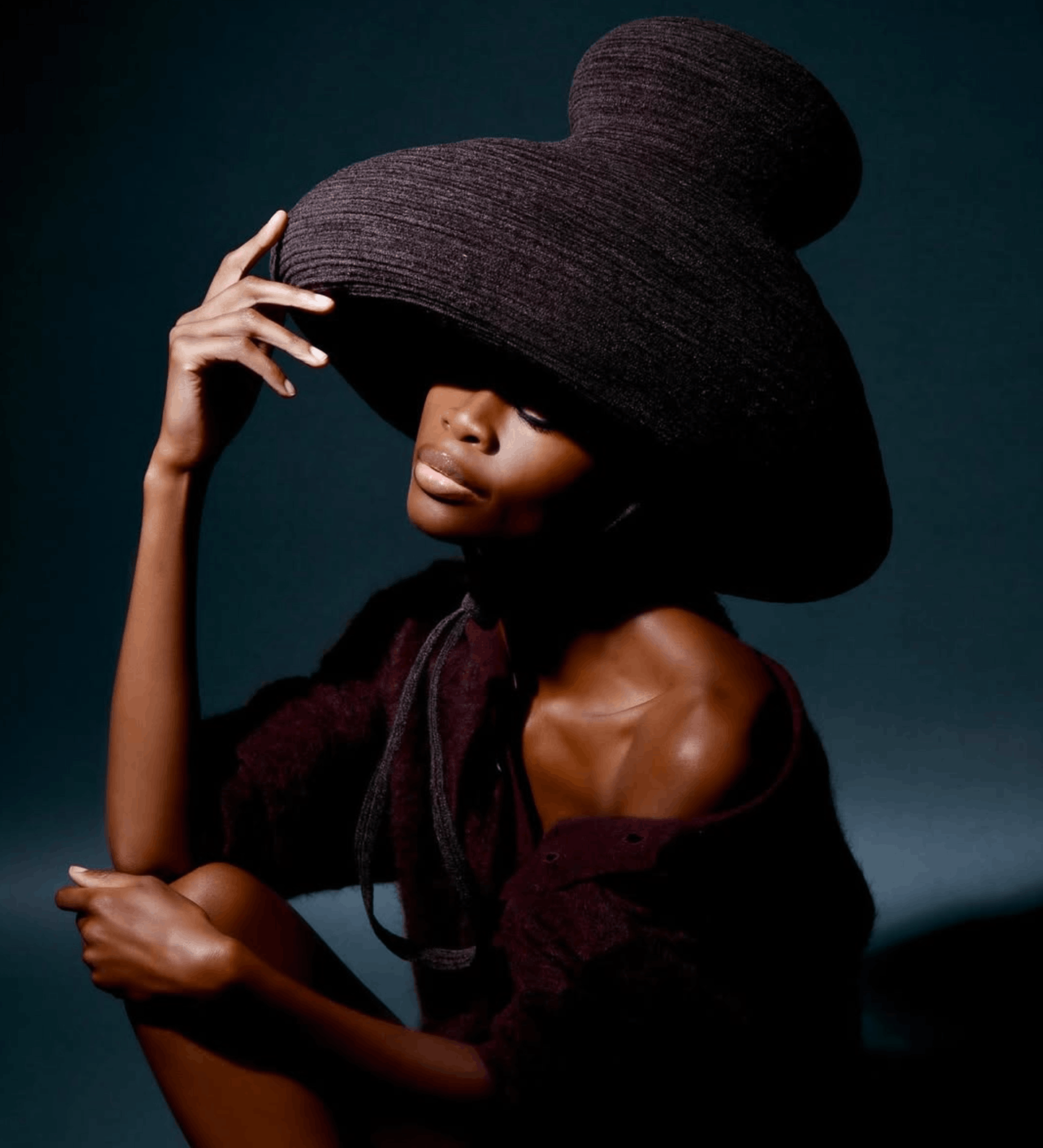
Based in New York City, the hat brand Esenshel, founded and led by Rodney Patterson, embodies a unique approach to hat creation.
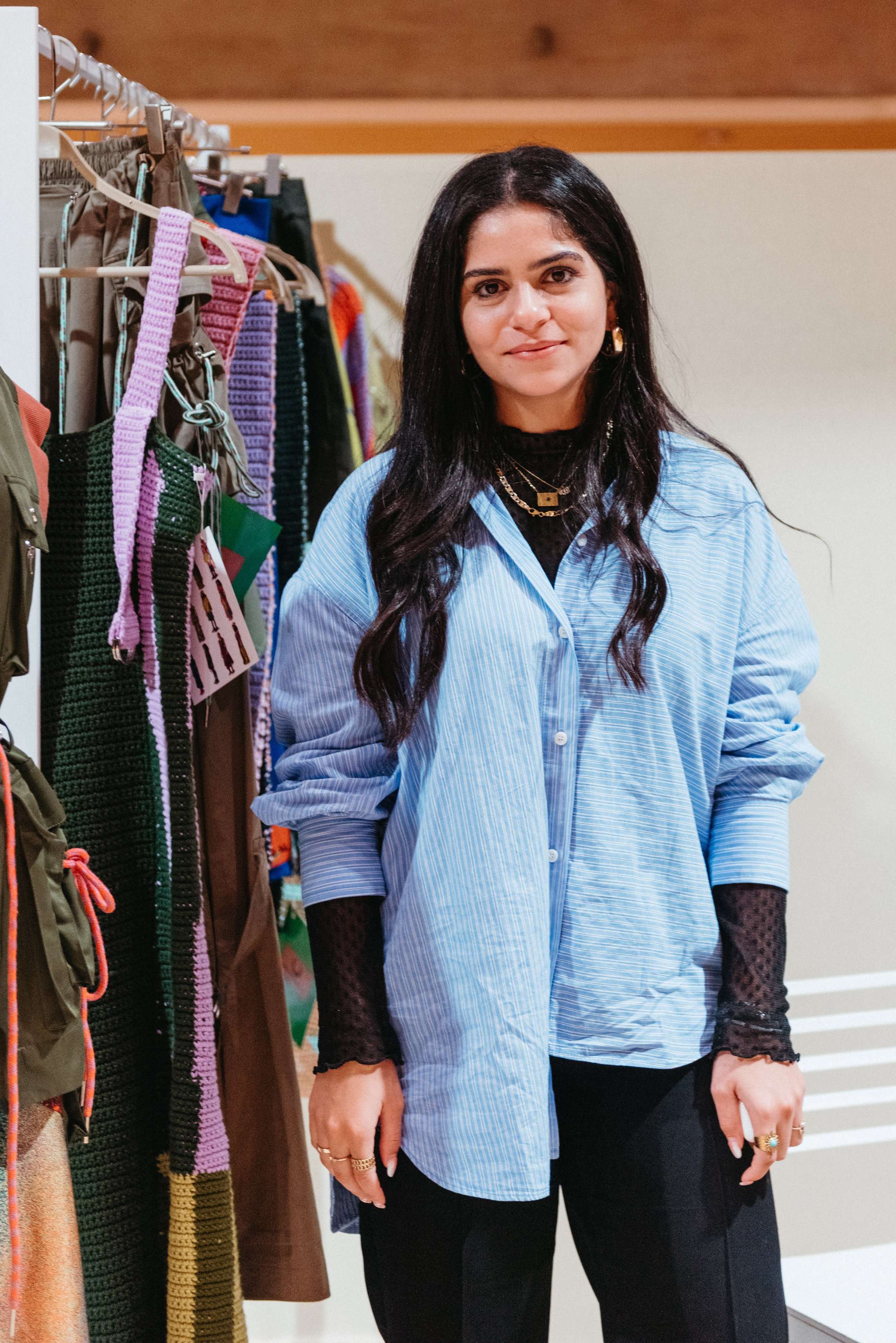
Presenting for the first time at Premiere Classe, Amina Galal represents a new generation of Arab designers who blend tradition and modernity with a personal, emotional touch.

For Thaïs Roblowski, fashion is a true calling, and after studying design and pattern-making at the Chambre Syndicale and interning at Thom Browne in New York and Mugler, she became a stylist at Cacharel and Alzaro.

Founded two and a half years ago, Chou au Carré offers upcycled accessories made in France using fabrics from major fashion houses. For founder Victoria, the brand was a natural fit.
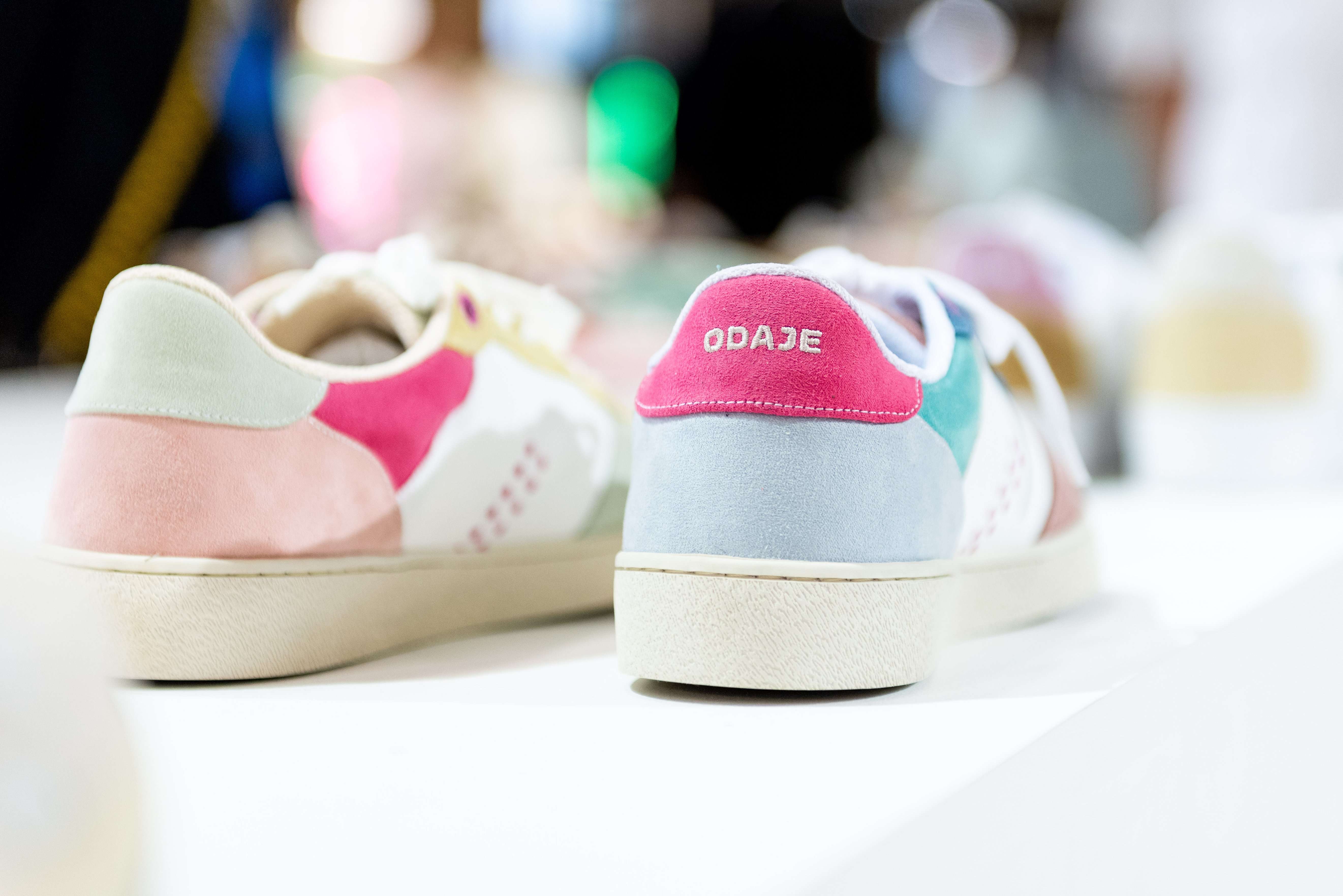
Modern and elegant shoes, a sustainable vision, and a manifesto for responsible and positive fashion. Welcome to Odaje. Meet Alexis, the Commercial Director of this footwear brand.
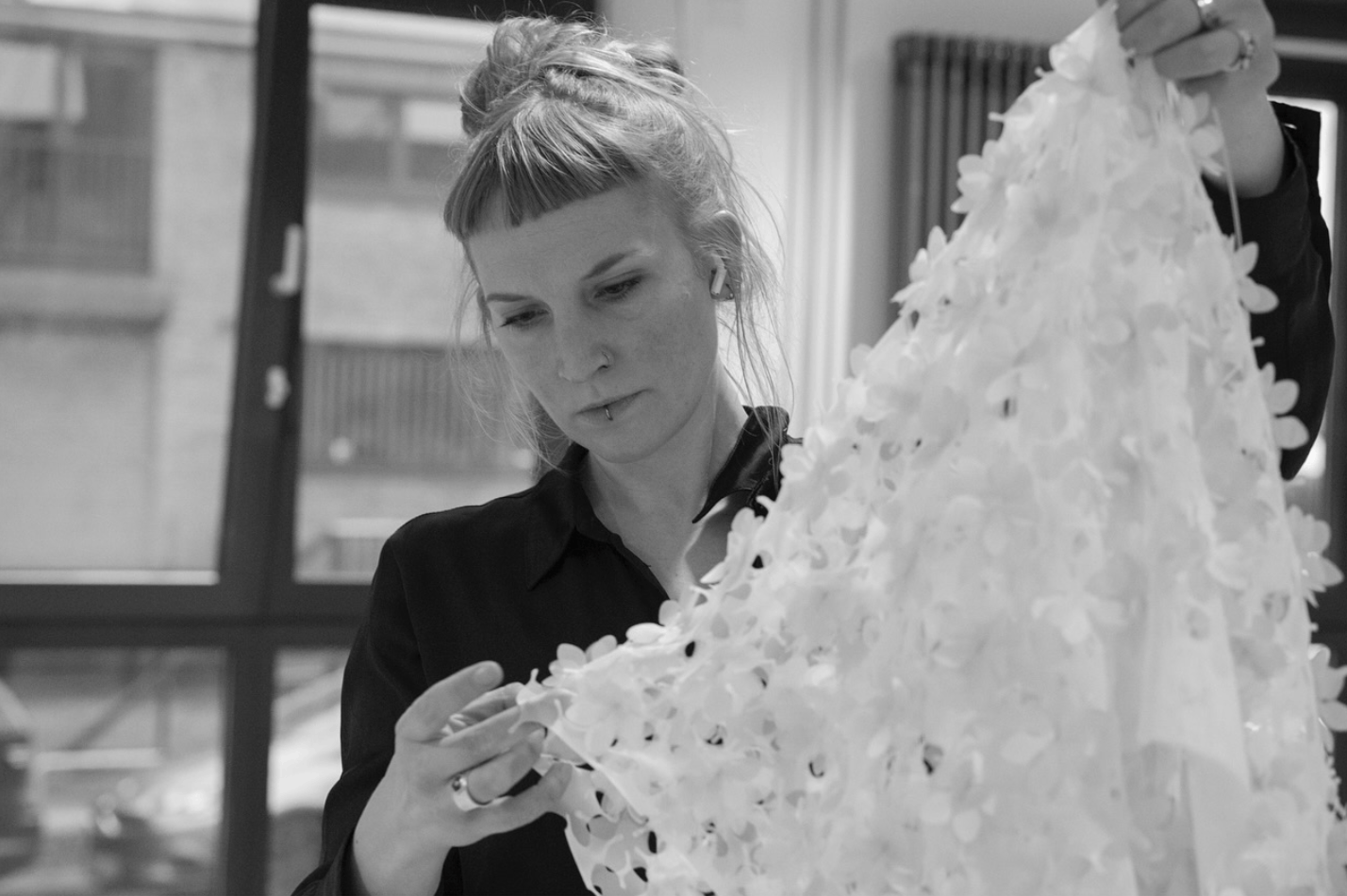
Amid the vibrant energy of emerging talents shaping the future of fashion, one designer stands out for her bold vision and unwavering commitment to sustainability. Léa Theres Lahr-Thiele, the young German prodigy and winner of the prestigious NEONYT Texpertise Sustainability Award, shines brightly this season with her meaningful and innovative approach to design.
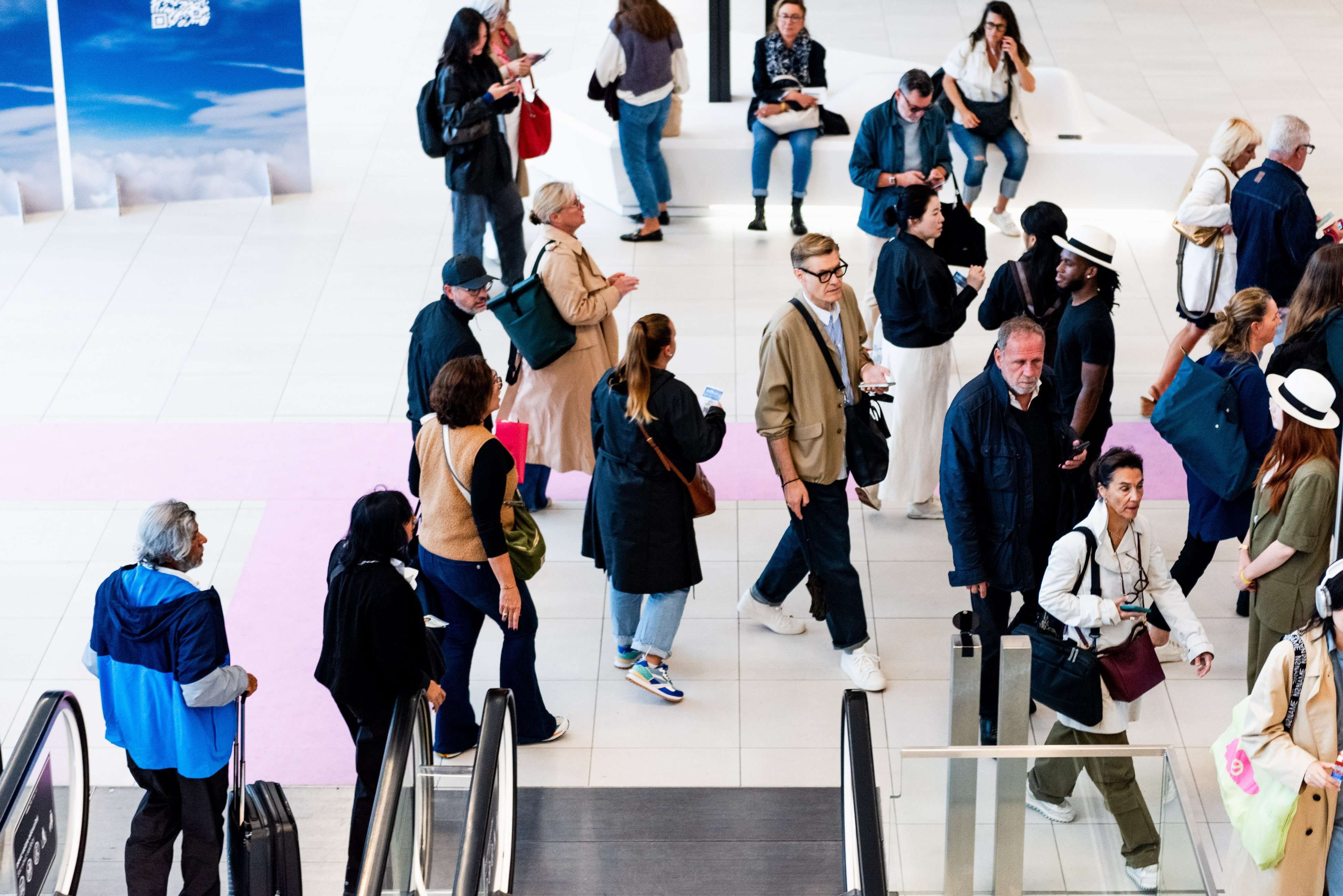
Special boutique, special offer : a hotel buyer’s perspective.

Fashion, an eternal cycle, is witnessing the resurgence of iconic brands that defined the 2000s alongside new players on the global scene, whose aesthetics reinterpret this pivotal decade in contemporary fashion. For the upcoming edition of Who's Next, taking place from 18 to 20 January 2025 at Porte de Versailles, Paris, we celebrate the return of these legendary labels as part of our exhibition.
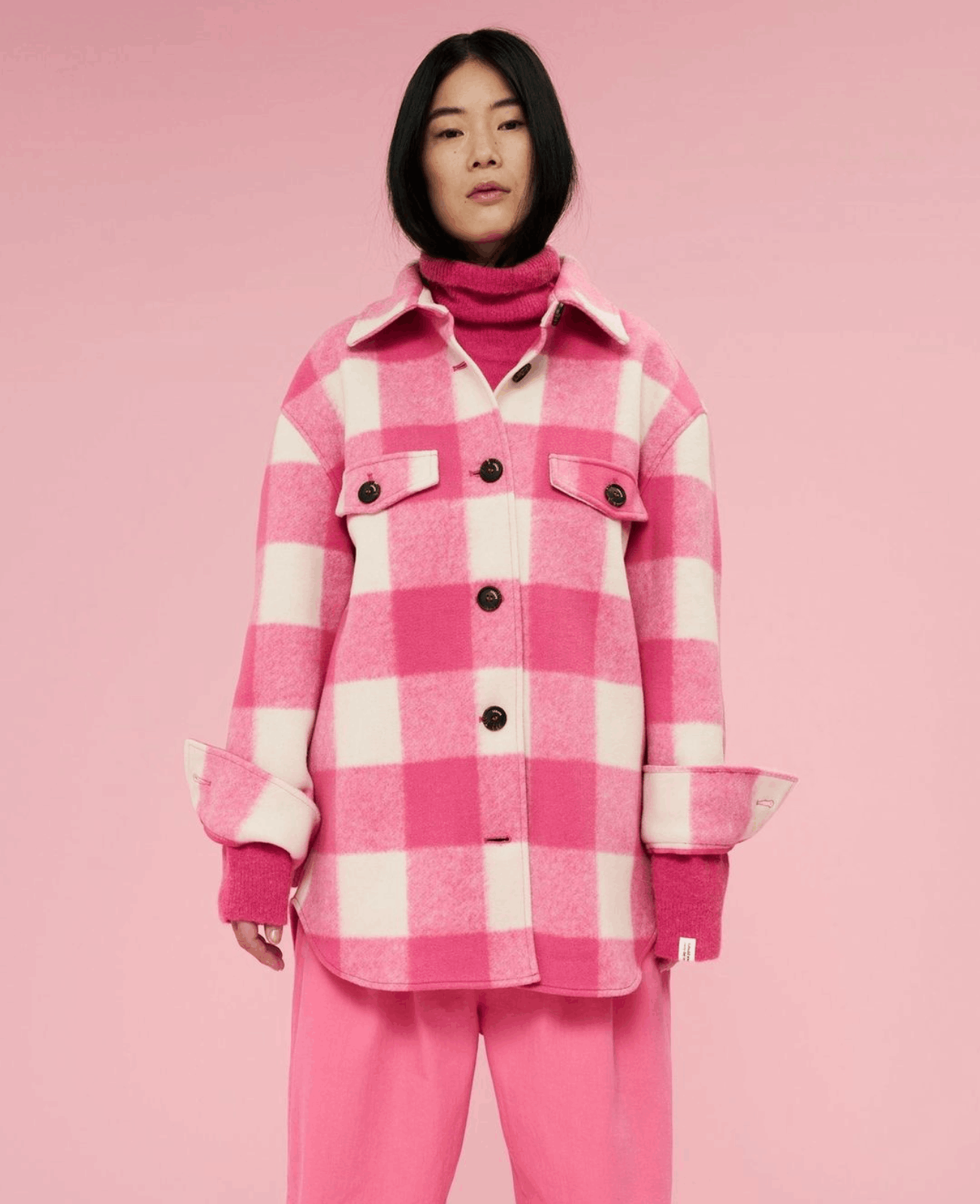
As winter sets in, the collections showcased at our upcoming event shine with warm tones and comforting textures.
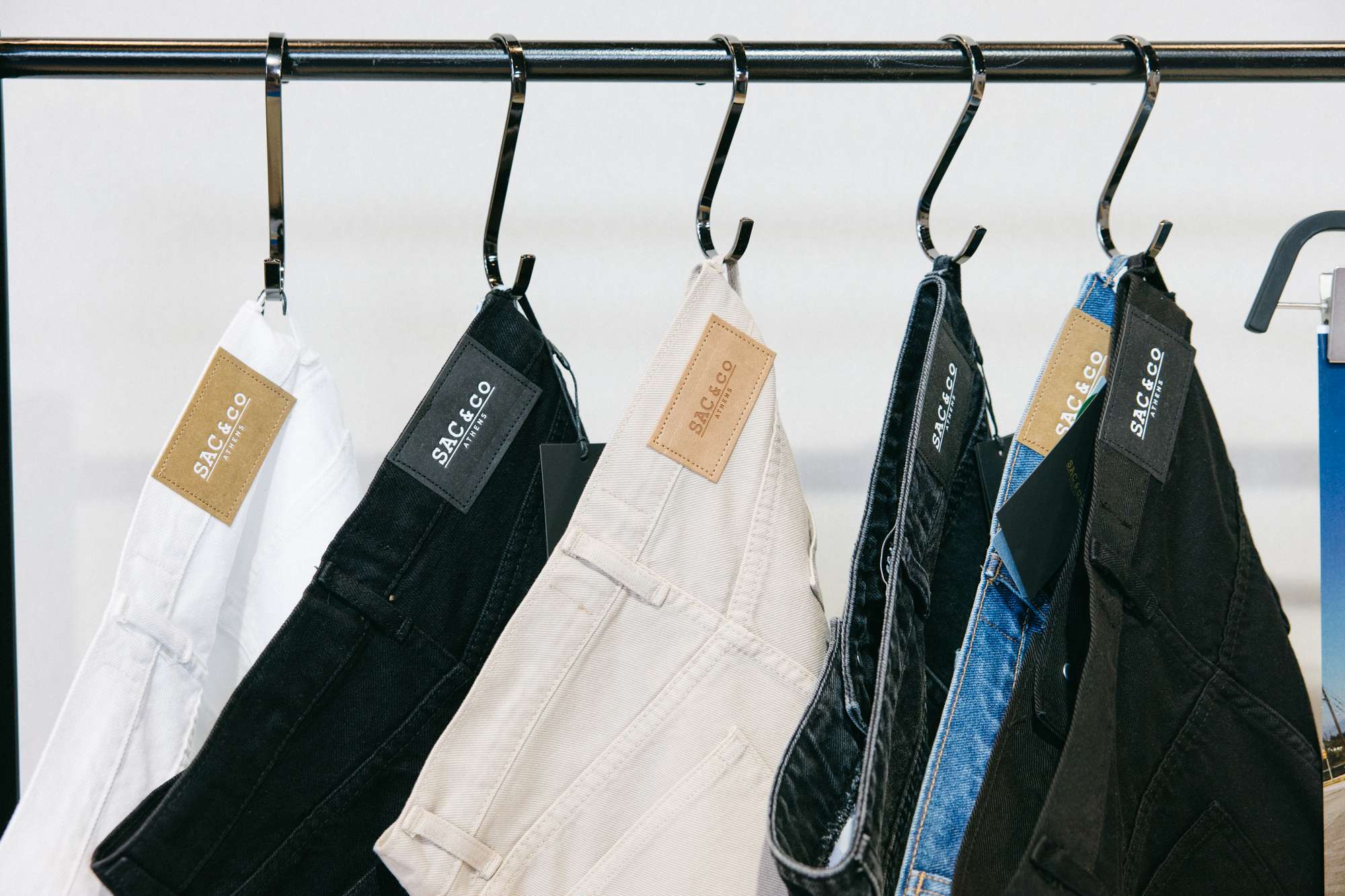
Timeless, artisanal, and sustainable: denim is reinvented at the Athenian brand Sac&Co.
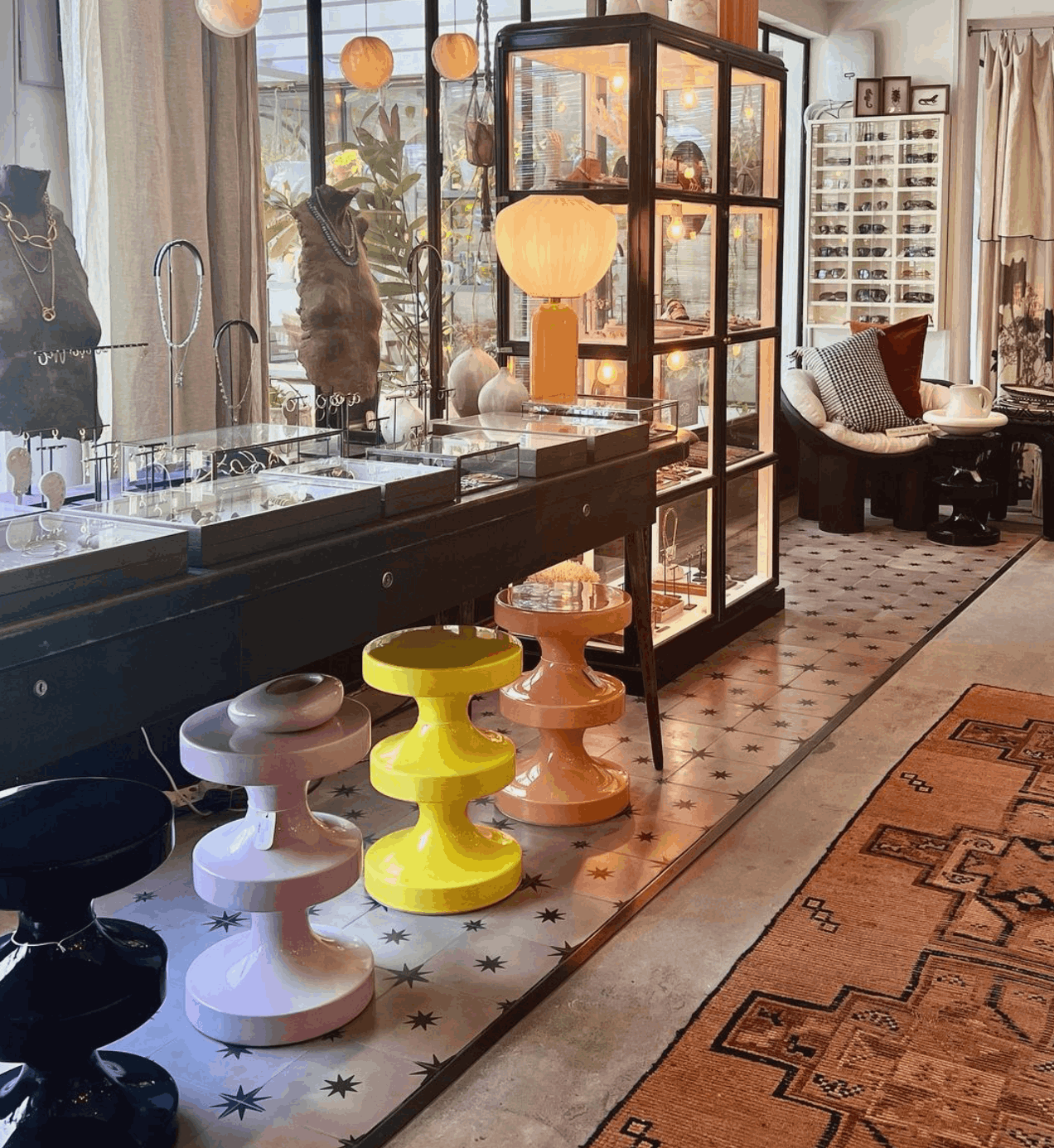
In the vibrant atmosphere of Premiere Classe, Comptoir 102, a Dubai-based concept store, continues its pursuit of unique pieces, set against a backdrop of remarkable craftsmanship. Through the insightful lens of Stephanie Chesneau, Sales Director, the store shares its impressions of this edition, where each encounter uncovers unexpected treasures and stories waiting to be shared.

Last September, the Fédération Française du Prêt-à-Porter Féminin enhanced Who's Next with talks and workshops on digital marketing in fashion. Here's a look back at the ‘Did TikTok kill Instagram? Three experts in fashion and social media discuss community, authenticity, resilience and engagement.
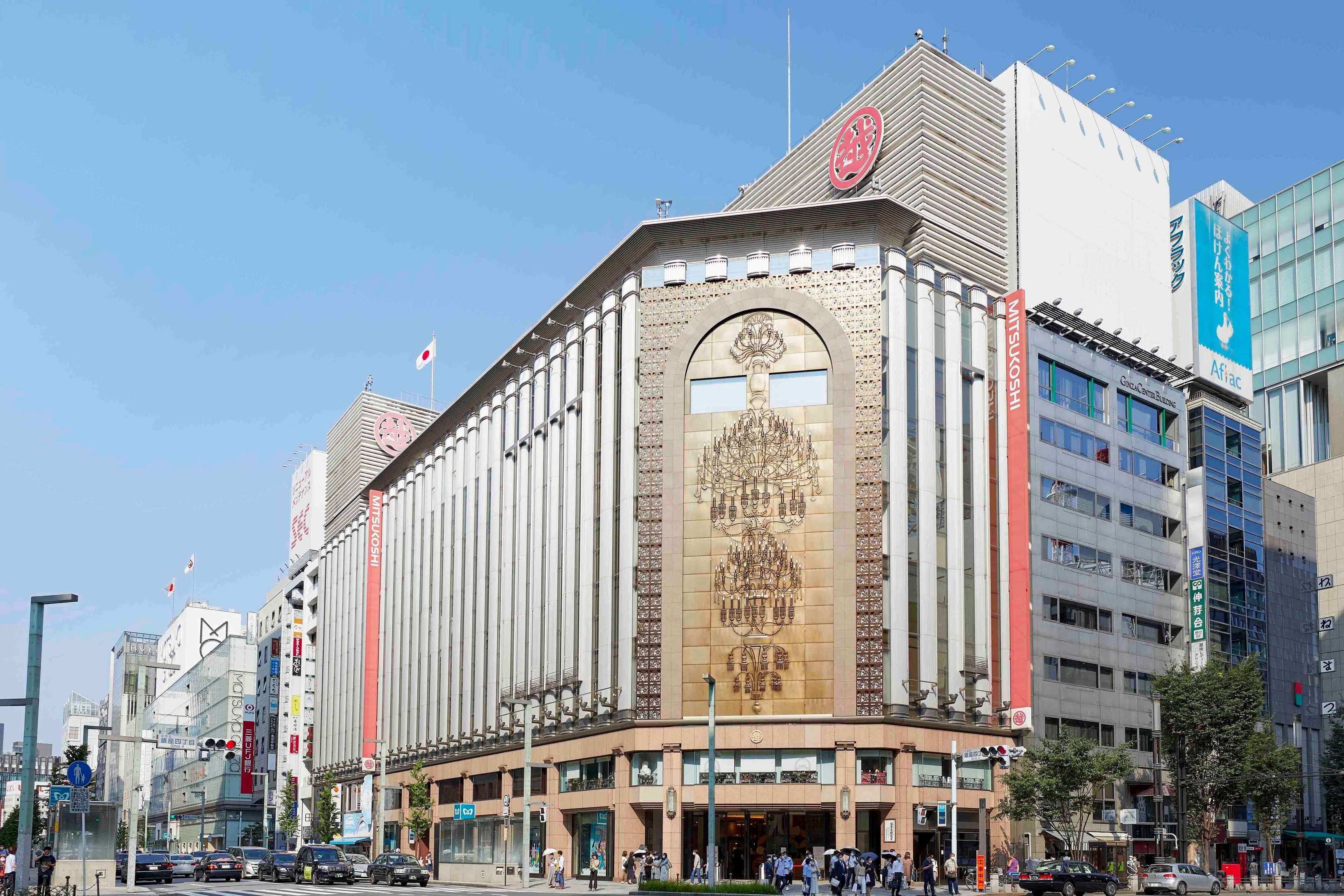
The Parisian eye of Japanese department store Isetan Mitsukoshi tells us about her latest Who’s Next fashion crushes.

Reinhard Plank (Founder and milliner), originally from Vipiteno (Italy) near the Austrian border, first studied design in Vienna before turning to millinery. "I started with hats in Vienna, and my first classic model was a great success," he says. Drawn to Florence's rich hat-making heritage, Reinhard chose this city to perfect his craft.

At the latest edition of “Who’s Next,” we spoke with Camille Pouvreau and Lucas Bouteille, watch and jewellery buyers for Galeries Lafayette, about the burgeoning men’s jewellery market and the long-lasting nature of trends in the watch sector.
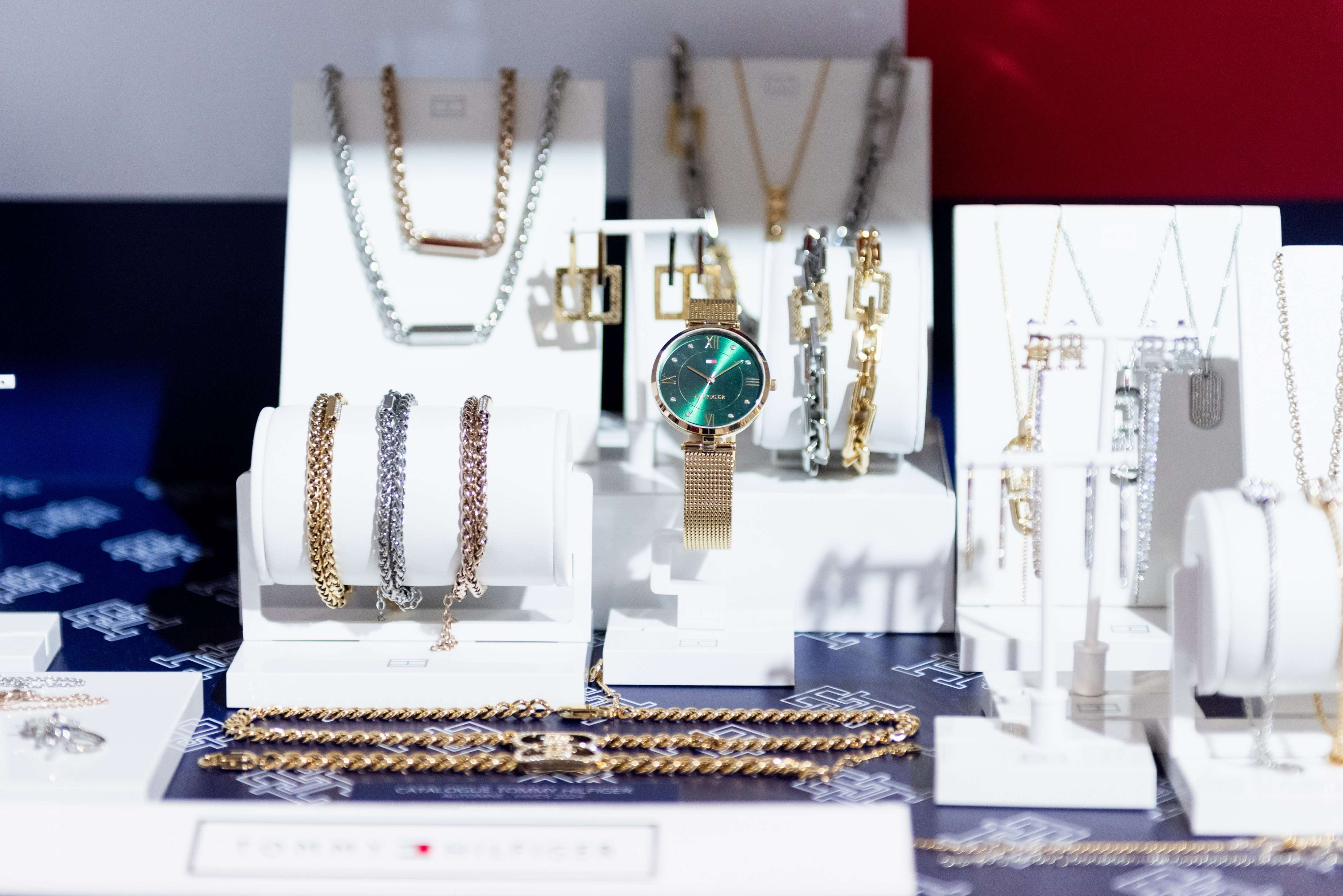
A key player in the watchmaking industry since the 1950s, the American Movado Group initially established itself through the distribution of traditional Swiss brands. Over time, it expanded globally, broadening its portfolio to include contemporary designs and jewellery.

Founded in 1954 by the current owner’s parents, Antonio, the Italian shoe brand Guglielmo Rotta is the perfect example of a family craftsmanship that has evolved while remaining true to its roots. At this edition, the brand presented a collection that perfectly illustrates its commitment to quality, timelessness, and Italian craftsmanship.
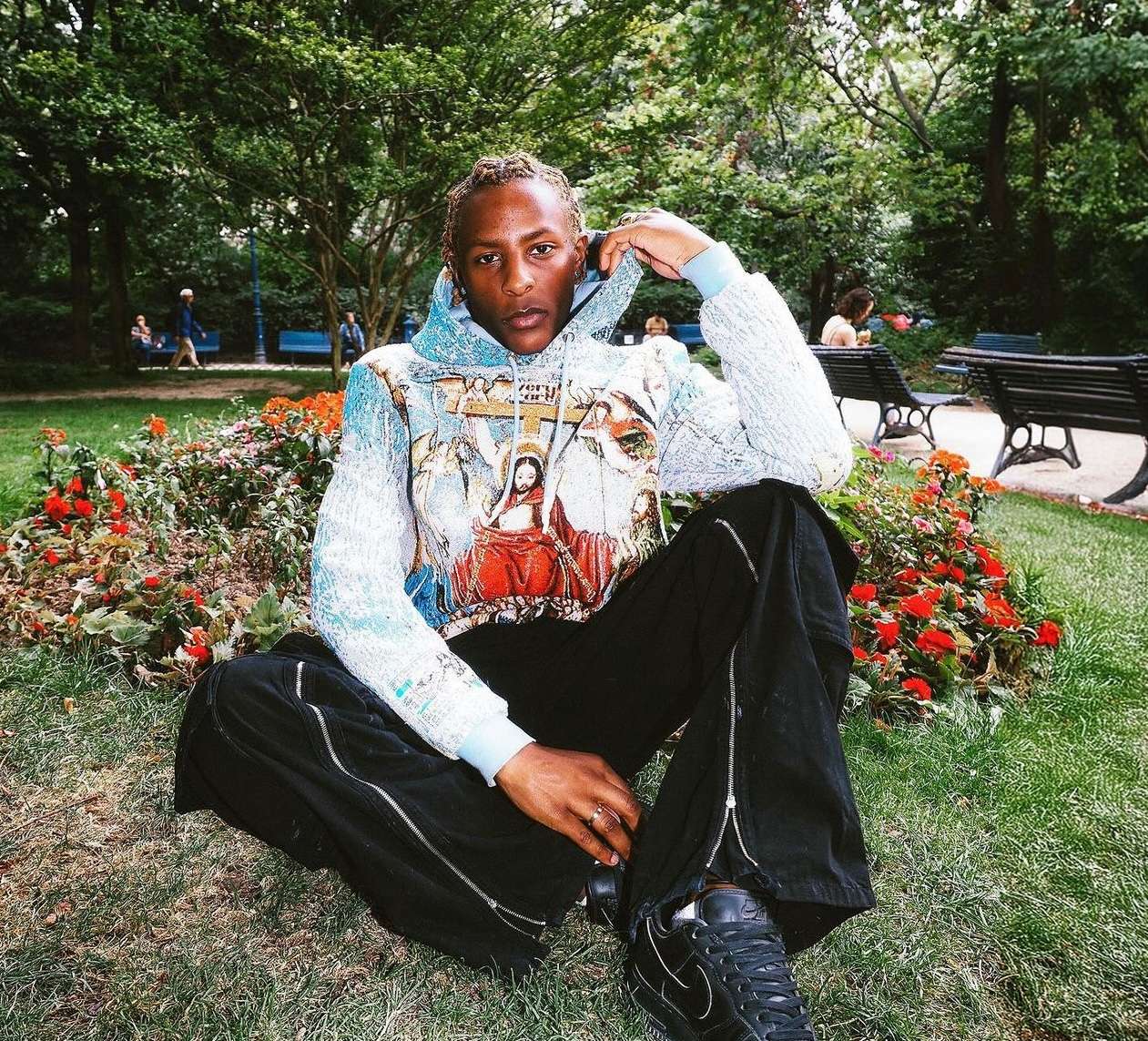
“Streetwear but make it Couture!” Very Rare, a lifestyle and ready-to-wear brand under the direction of Raf Reyes, embodies an avant-garde vision of streetwear through what the designer defines as ‘street couture’. Born during the 2020 health crisis, this family-run brand, founded with his older brother, stands out for its fluid silhouettes, intricate details such as embroidery, flocking, and graphic prints, and strong influences from 90s subcultures.
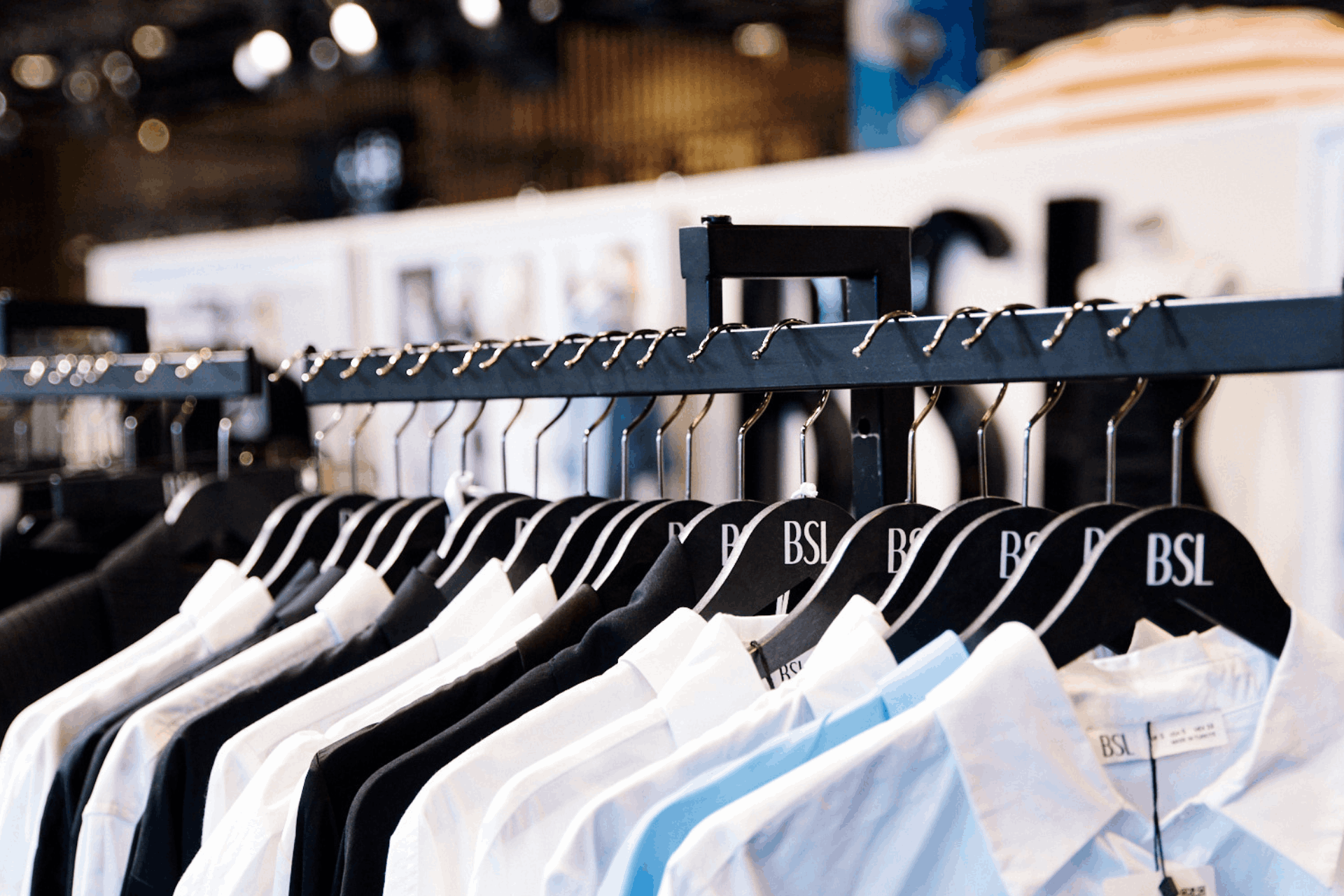
For over 15 years, BSL, a Turkish ready-to-wear brand, has made a name for itself in the fashion market in Turkey, with stores in the country’s major cities such as Istanbul, Izmir, Ankara, and Antalya. Initially focused on its own retail outlets, BSL adopted a new strategy last year: expanding its distribution network across Europe.
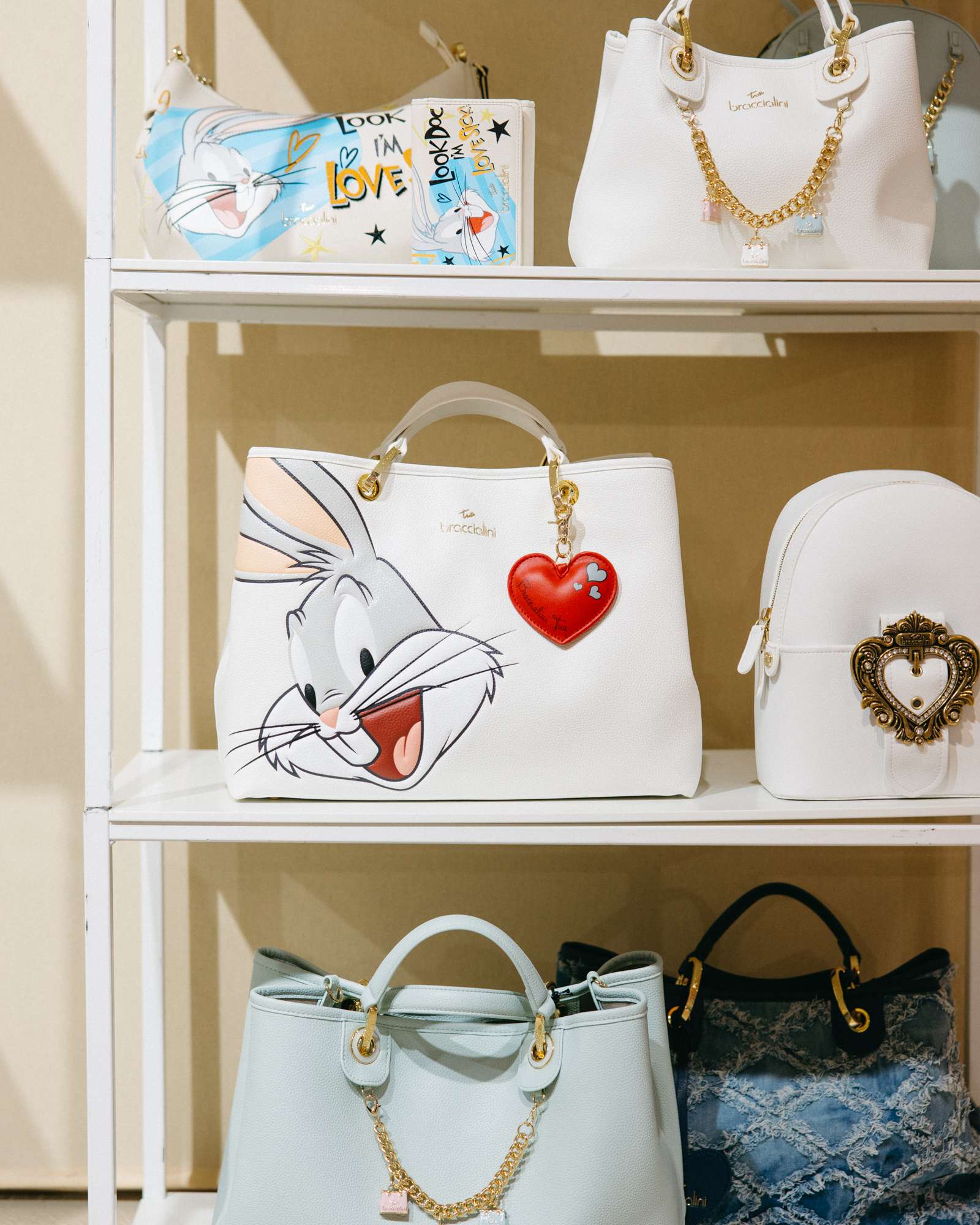
Reinterpreting its heritage Braccialini, the iconic Italian brand from Florence, is celebrating its 70th anniversary this year. "We were born in Florence, and the natural and architectural beauty of Tuscany greatly inspires our creations," shares Daniela, the brand's sales agent.

Craftsmanship at the heart of jewellery creation: a self-taught journey and the rise of gatsby soldering workshop Fifteen years ago, Julie Sion made her mark in the world of costume jewellery with a unique and passionate approach. "I stumbled into this profession a bit by chance," she admits. Self-taught, her first steps into creation were through a craft-focused approach, before collaborating with French workshops to ensure ethical and high-quality production for her eponymous brand. These collaborations led her to develop a strong and engaged community, not only around her creative project but also through the human values she upholds in her work.
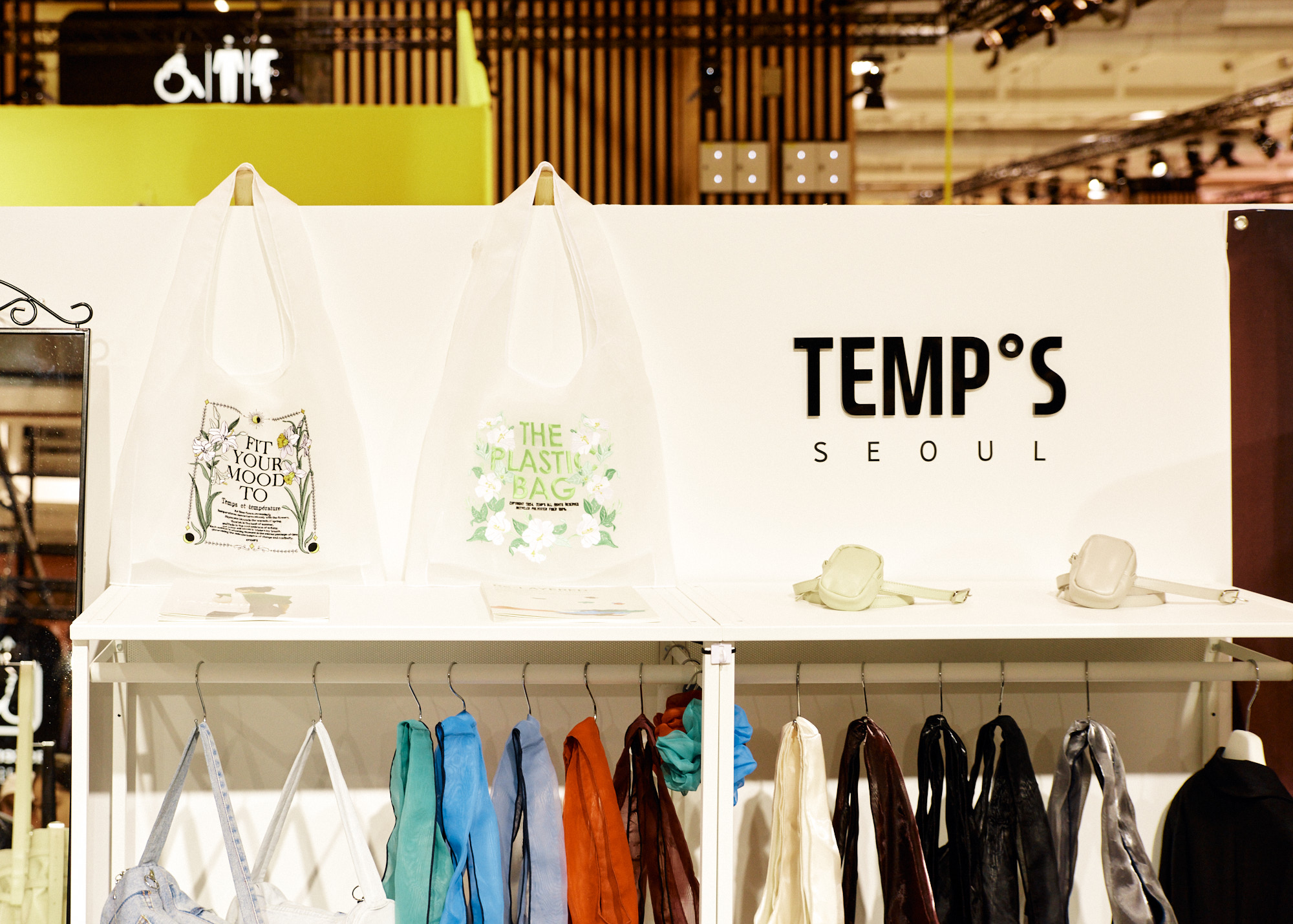
During their debut at Who’s Next, the South Korean brand Temp’s, led by Joanne Jeon Eun-jung, captured attention with its deep commitment to sustainability, combined with a modern and conceptual approach to design.
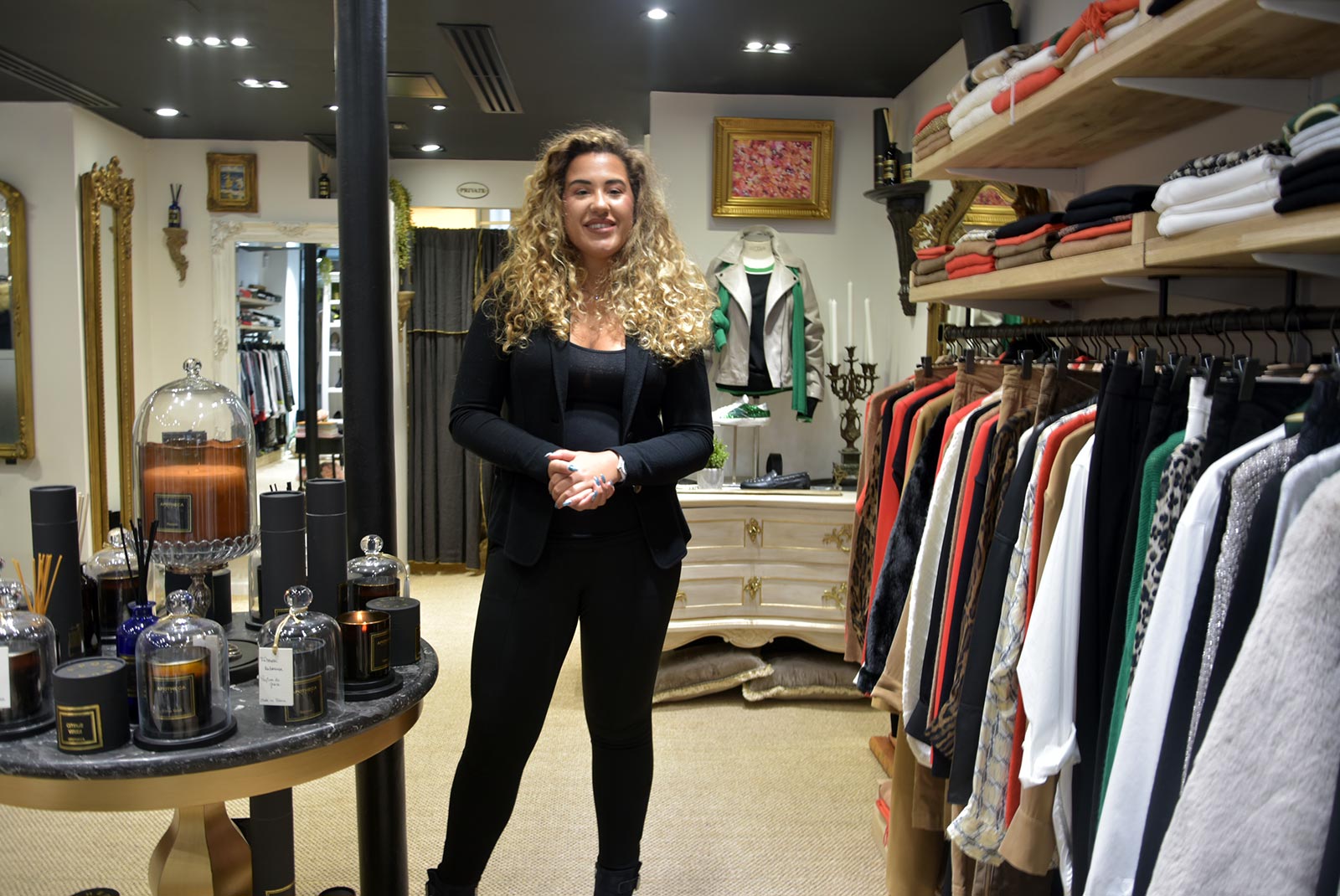
Pamela Kemmat, the influencer and founder of the Pamela Rouen boutique, and her mother Nadège Thevenon, founder of the Paloma Rouen boutique, share their thoughts on “Who’s Next,” an event they regard as the beating heart of the fashion industry.
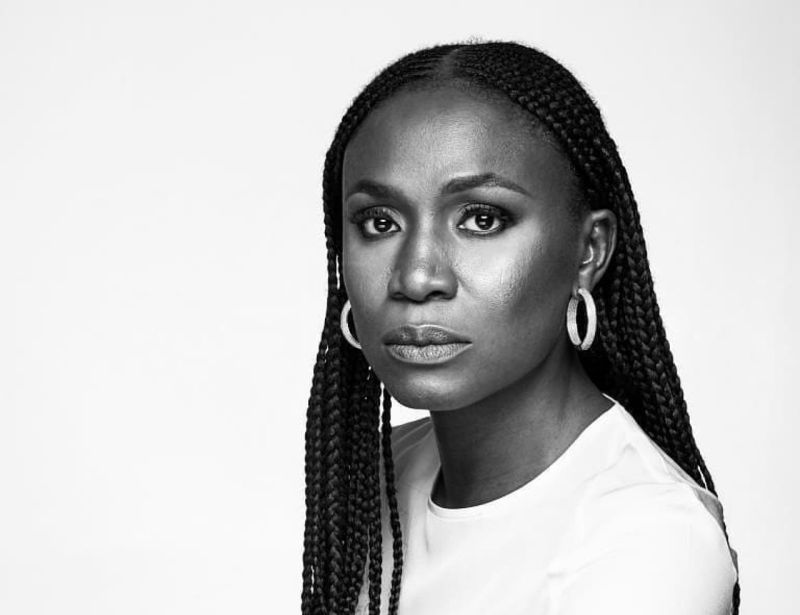
Meet Abasiekeme Ukanireh, the visionary founder and artistic director of Eki Kere, a Nigerian brand that has captivated audiences with its unique creations, showcasing vibrant raffia-based designs.

Since 1989, the ANDAM (National Association for the Development of the Fashion Arts) has played a crucial role in promoting young talent within the fashion industry. Supported by both institutional and private partners, including the Ministry of Culture and industry giants like Balenciaga, Hermès, and Chanel, ANDAM serves as a unique springboard for emerging designers. This year, in conjunction with Premiere Classe, which celebrated ANDAM’s 35th anniversary last March at Maxim's, the prize winners will once again showcase their creations in the ANDAM space at the Carrousel du Louvre from 28th to 30th September.
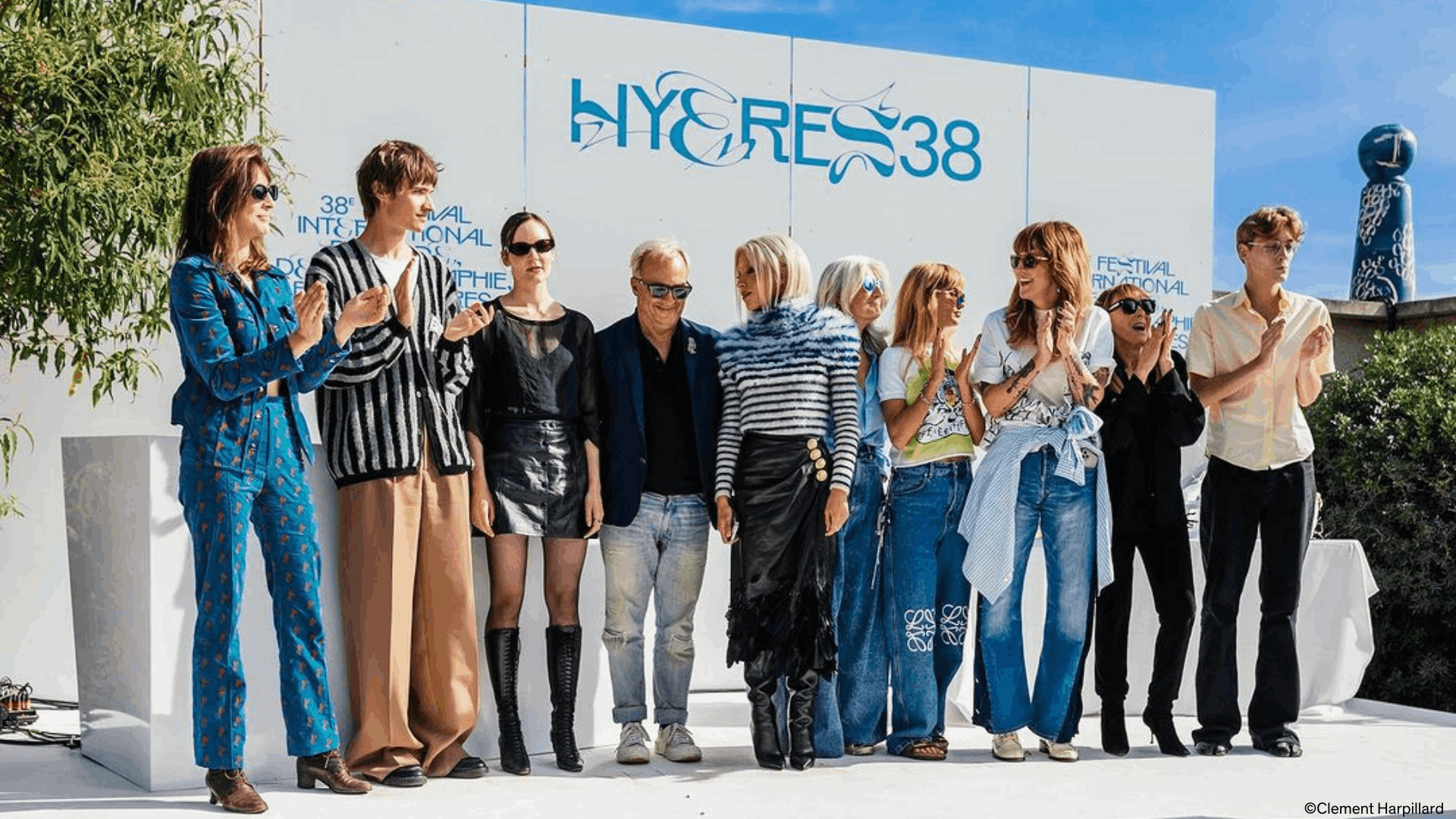
In the vibrant world of creative industries, the Hyères International Festival of Fashion, Photography, and Accessories has been a guiding light for emerging talents since 1986. This year, three of the winners from its 38th edition join the selection at the Premiere Classe trade show, a prestigious platform for up-and-coming designers.
The Premiere Classe trade show is dedicated to showcasing creativity and offering turnkey solutions to highlight the essential trends of the season. Renowned for its ability to identify and present emerging creative scenes, the show supports brands in their growth, establishing itself as a key reference for buyers and designers alike.

In the upcoming edition of the Who's Next trade show, taking place from the 8th to the 10th of September, we are excited to present a remarkable selection of new business solutions. Companies from across France and beyond are bringing their unique and innovative visions to the contemporary commercial landscape, blending advanced technology, refined aesthetics, and sustainable commitments. Through their services, these market players highlight innovative, responsible, and transformative practices for the fashion landscape industries.
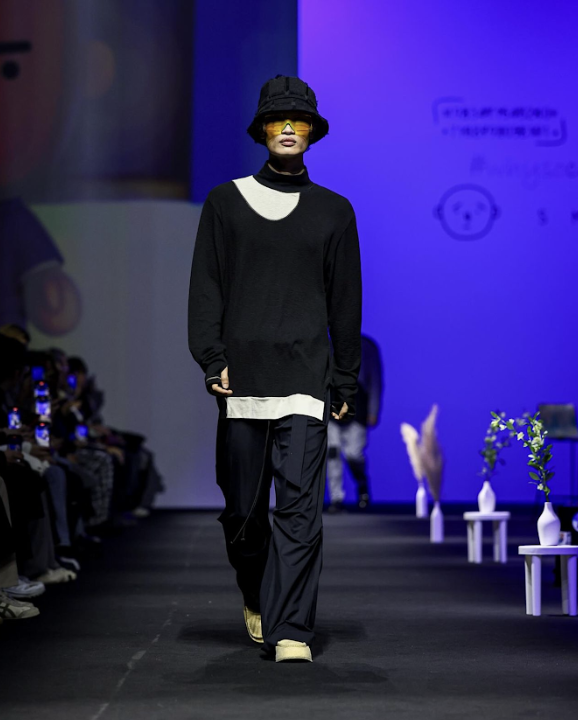
At the prospect of the upcoming edition of Who’s Next trade shows, we are delighted to once again showcase the remarkable selection of the What’s Up space.

Who's Next? The great thing about the initial chaos of Who's Next is that it has lasted.

In anticipation of the upcoming BIJORHCA trade show, held alongside Who's Next from the 8th to the 10th of September at Porte de Versailles, we are delighted to present a selection of new brands you won’t want to miss. A must-attend event for the jewellery industry since 1930, Bijorhca returns this year with a fresh wave of inspiration for jewellery enthusiasts and professionals alike.

Founded in 2021 by Germain Provot Lorenz, Treaptyque is far more than just a showroom—it's a vibrant and unique space dedicated to curating exceptional pieces.

KEIA (Korea Environmental Industry Association) advocates for eco-conscious initiatives among creative industries in South Korea and abroad notably. Since 2023, the association has been exhibiting on our IMPACT trade show along with Who’s Next. Their project revolves around supporting and promoting sustainable practices and key players of Korea’s industries on an international scale.

BIJORHCA returns alongside Who's Next to transport you from the urban buzz of Barcelona to the carefree summers of the Balearic Islands. Bright and poetic, Spanish jewellery celebrates its artisanal and cultural heritage through both contemporary and timeless designs.

Future Positive by Smiley is back with a space dedicated to its fashion collaborations with brands such as Eastpak, Rainkiss, Jules, Snocks, Saturday Society, Hoptimist and Small World, in the IMPACT area of Who's Next.

Discover the jewelry trades at Bijorhca with Savoir pour Faire, from January 20 to 22, 2024. Bijorhca will be showcasing know-how in Hall 4, where some 150 brands and suppliers are expected.

From January 20 to 22, Who's Next presents its hair fashion selection.

Who's Next presents its new edition, from January 20 to 22, 2024.

Imaginé et créé en 2013, le collectif A Jewel Made In Greece présente et promeut le savoir-faire joaillier grec.

